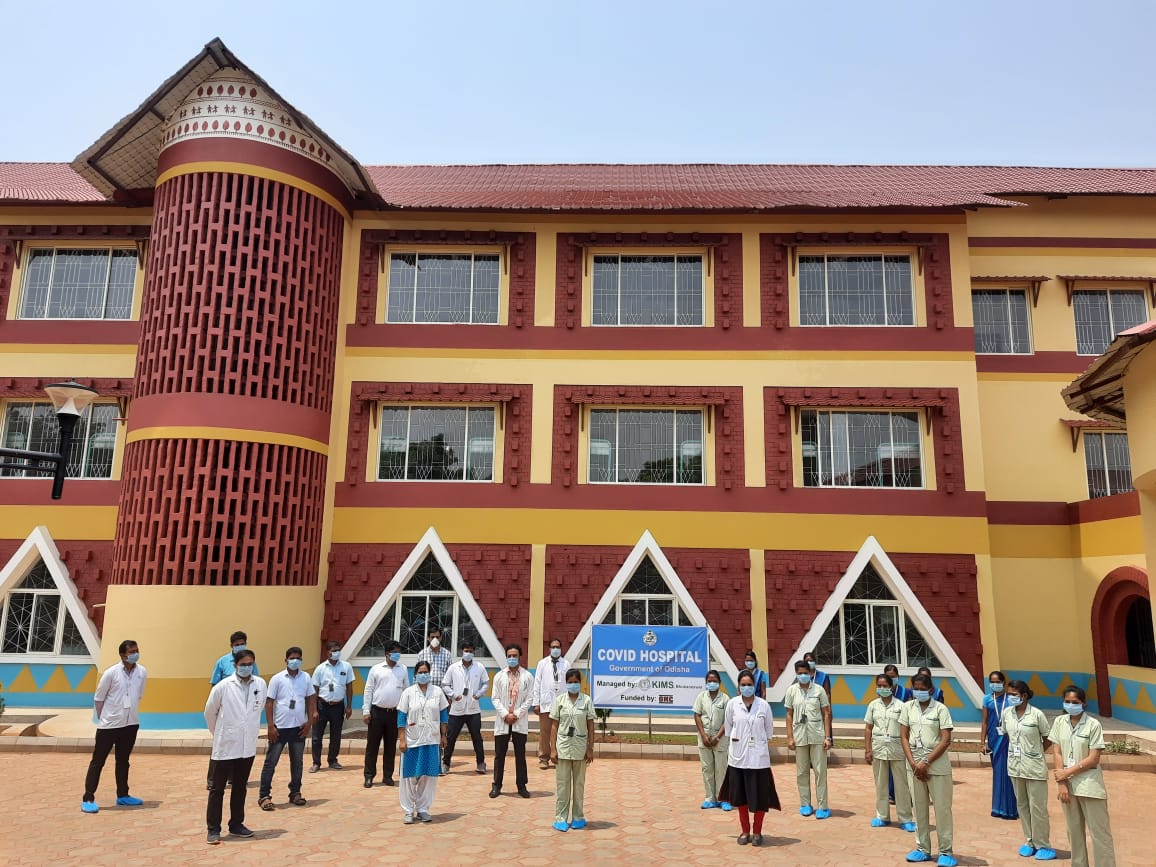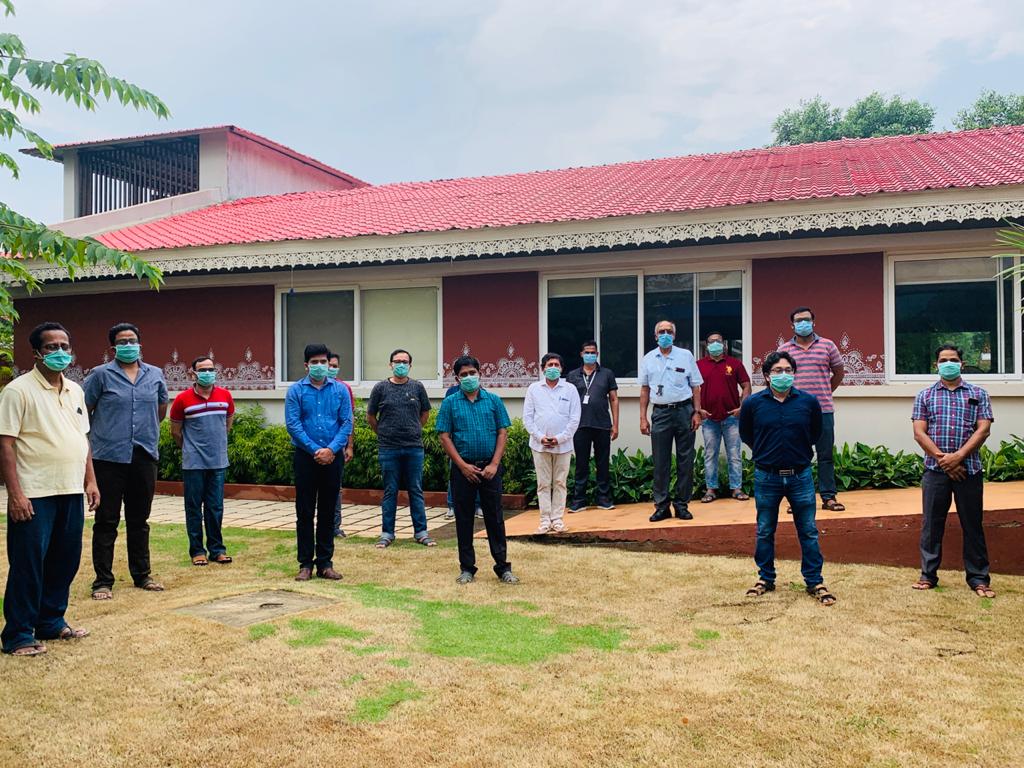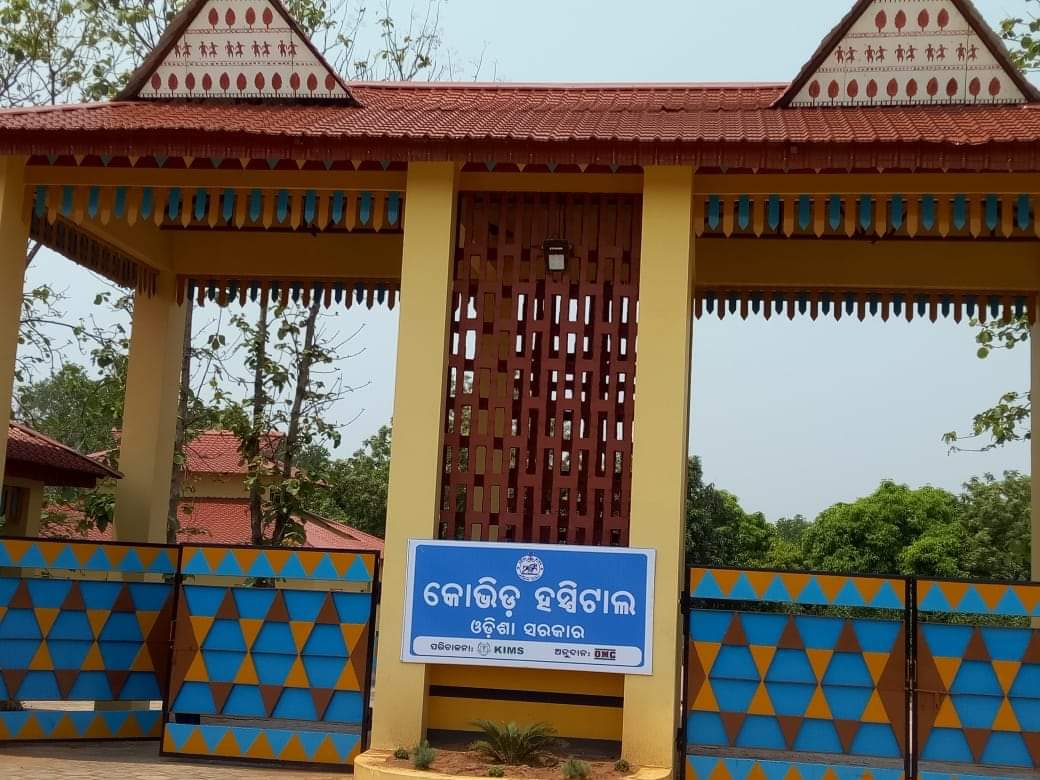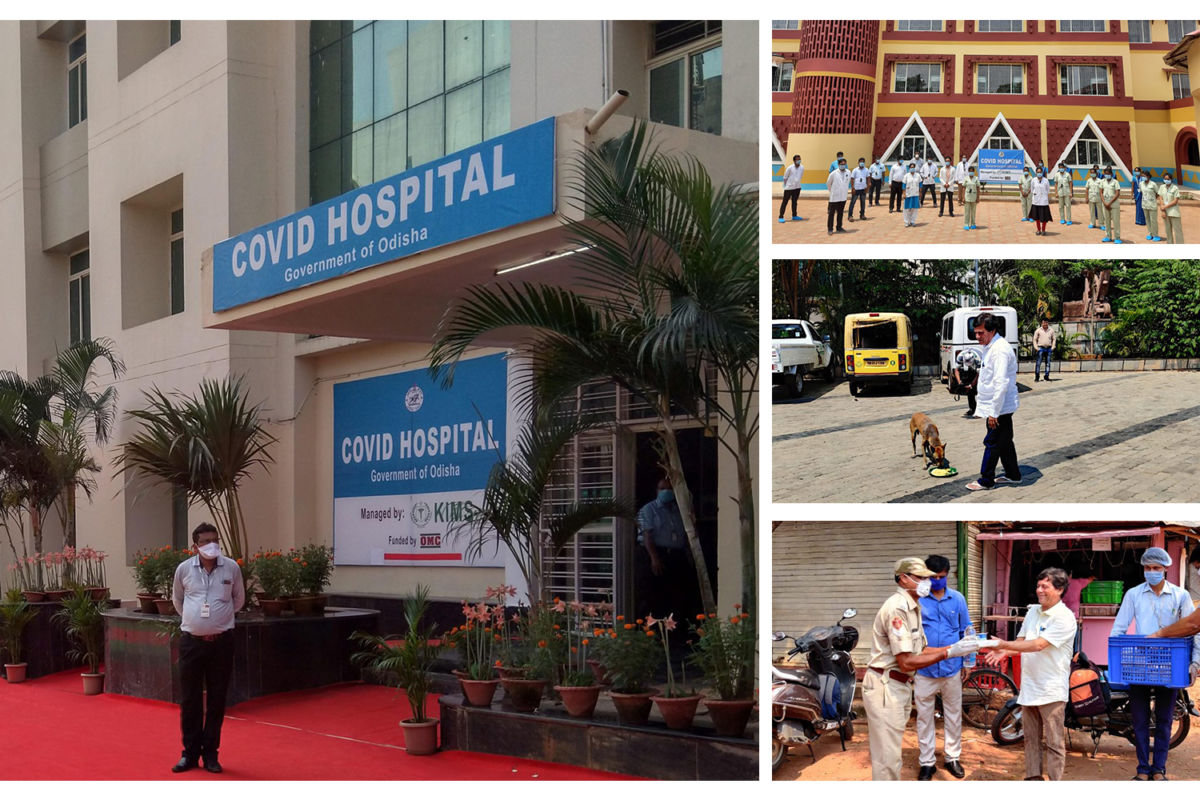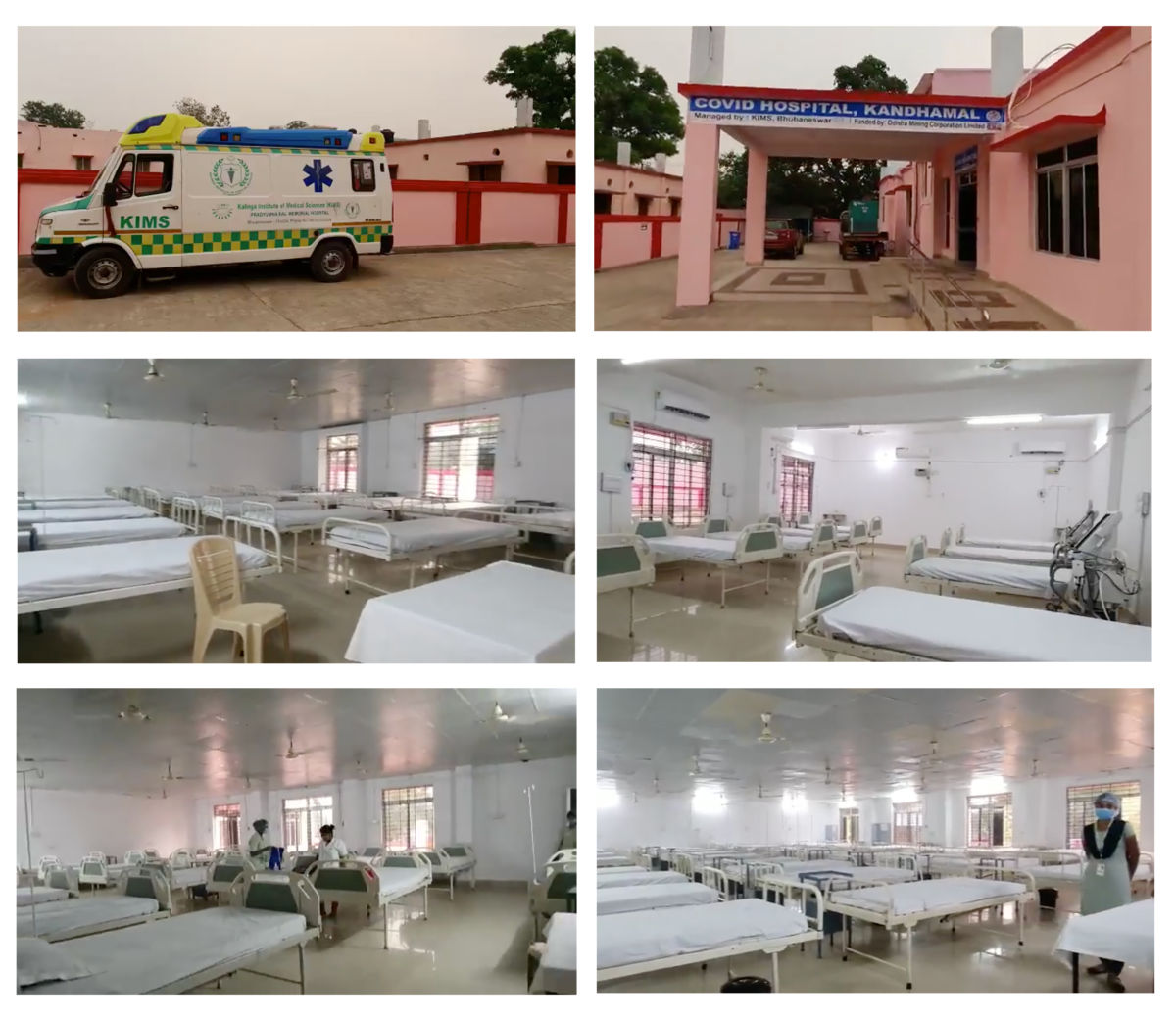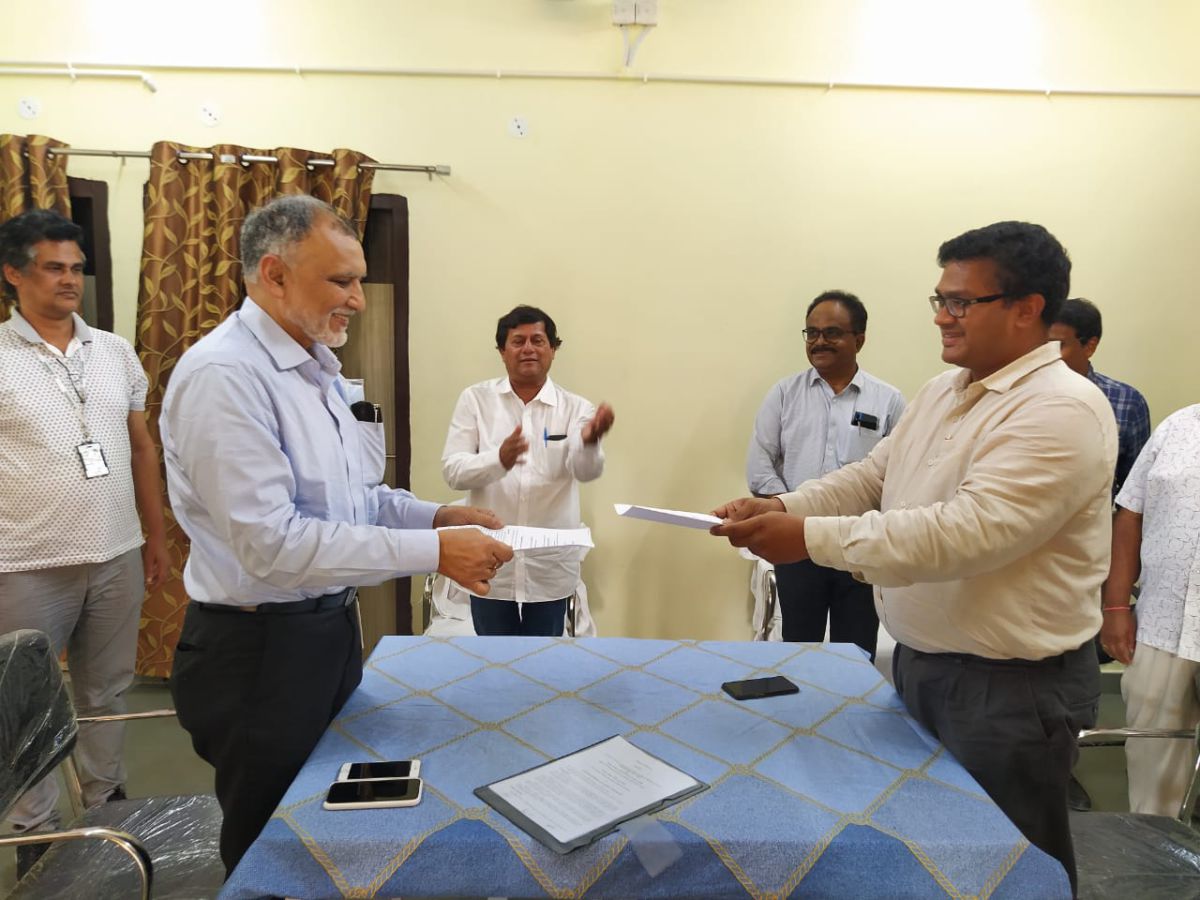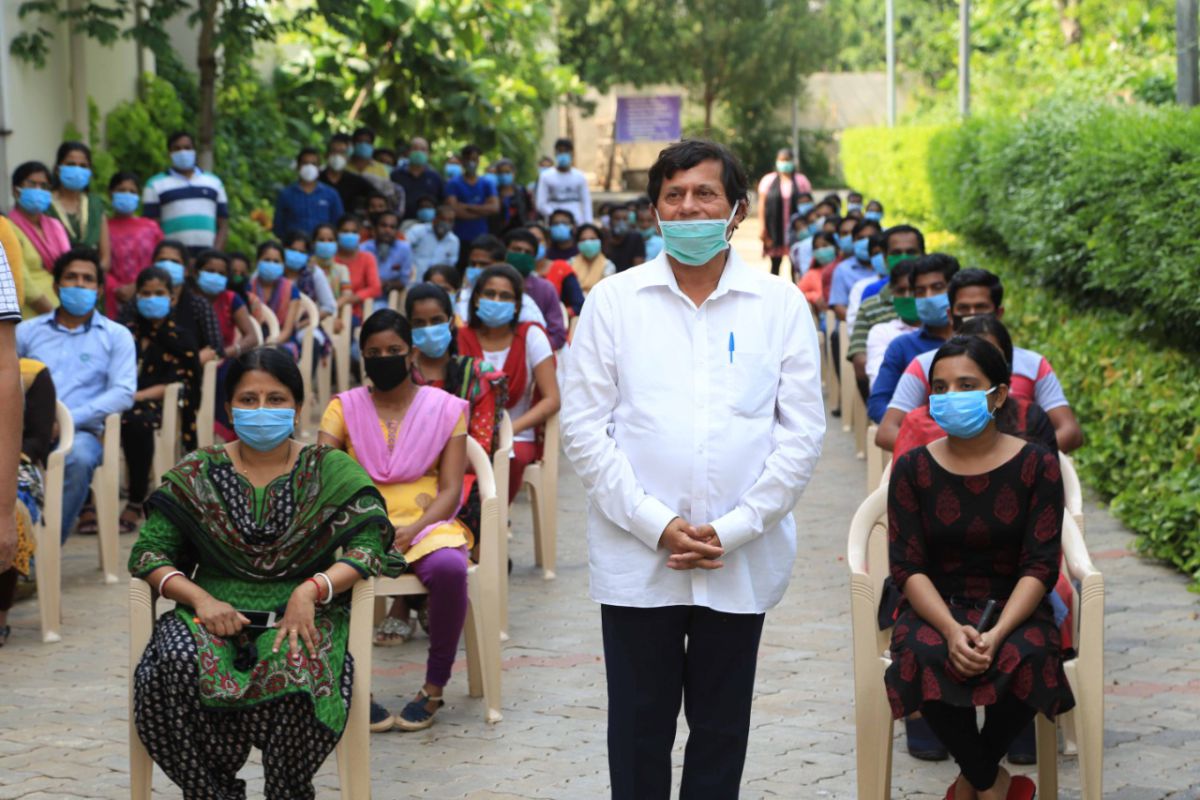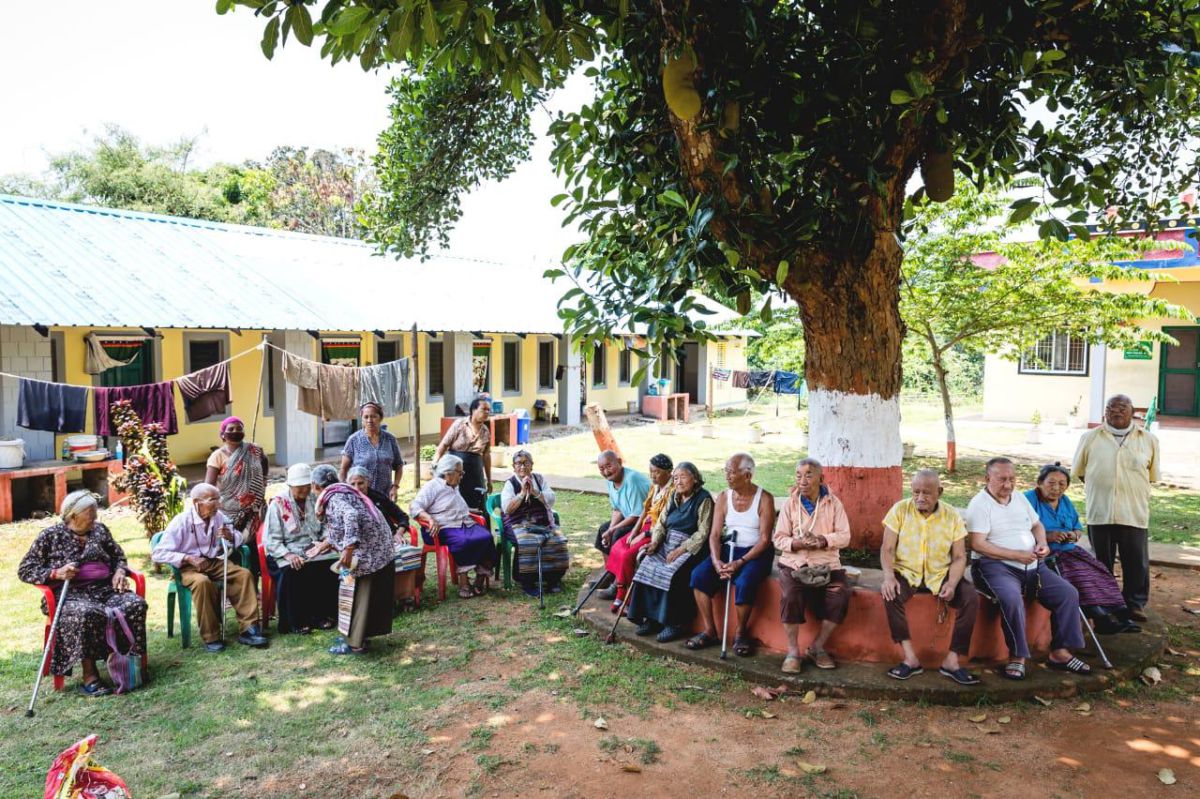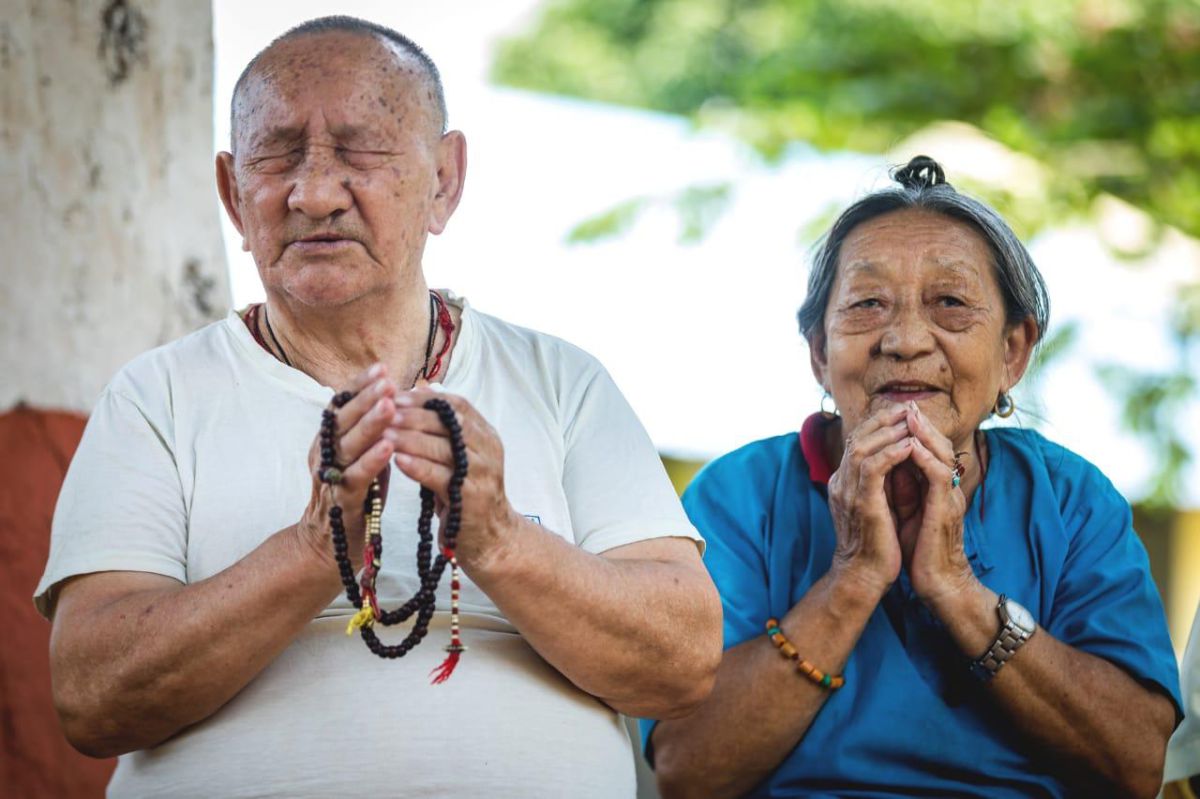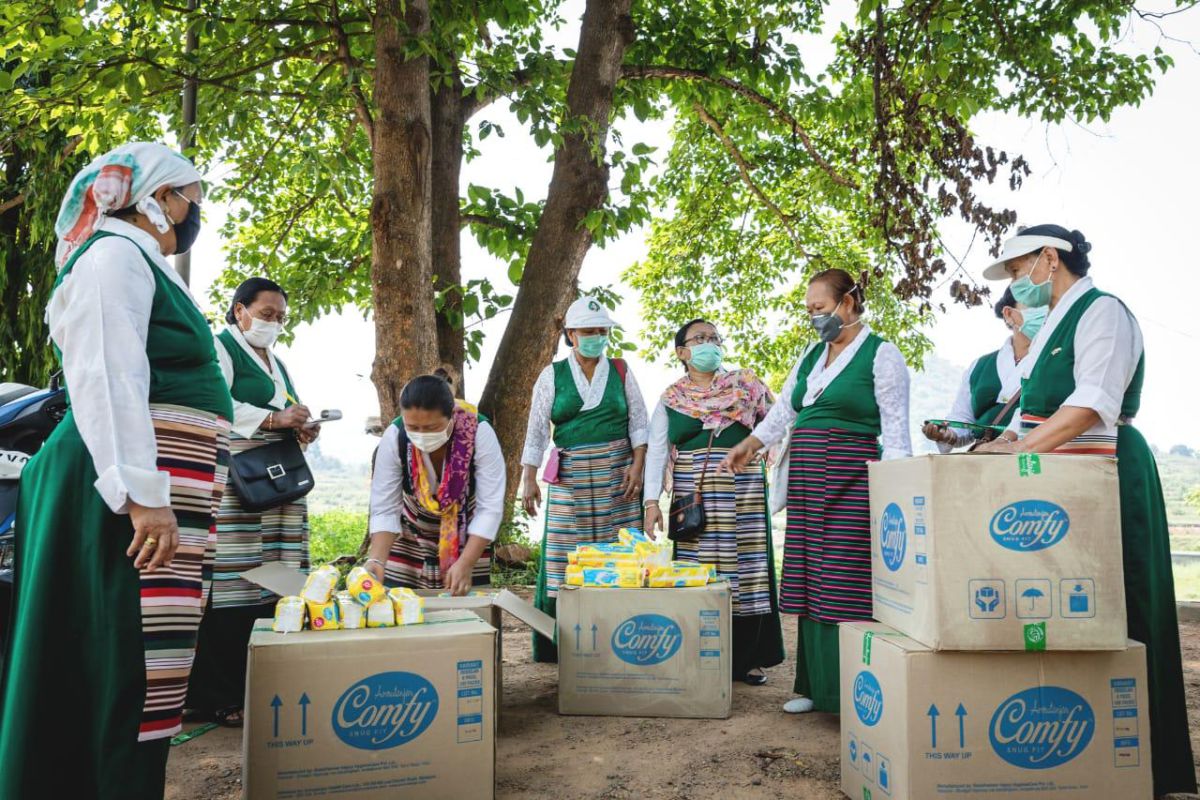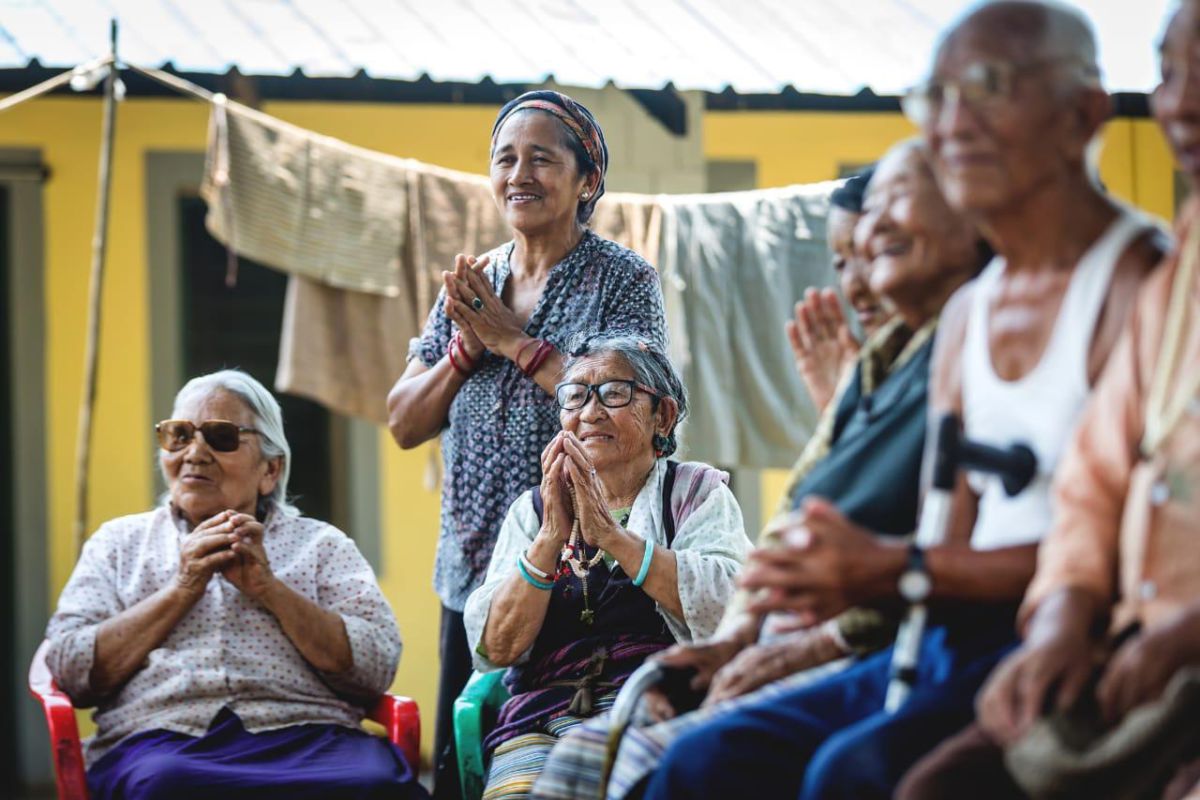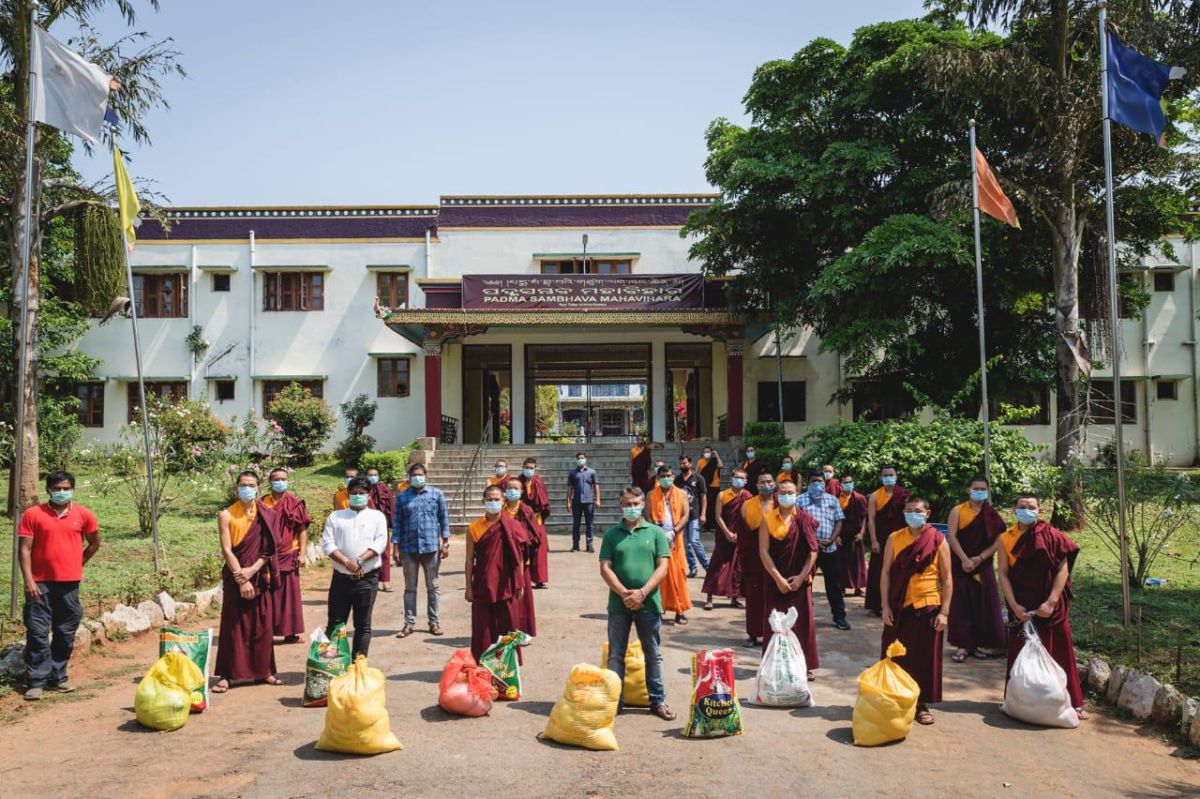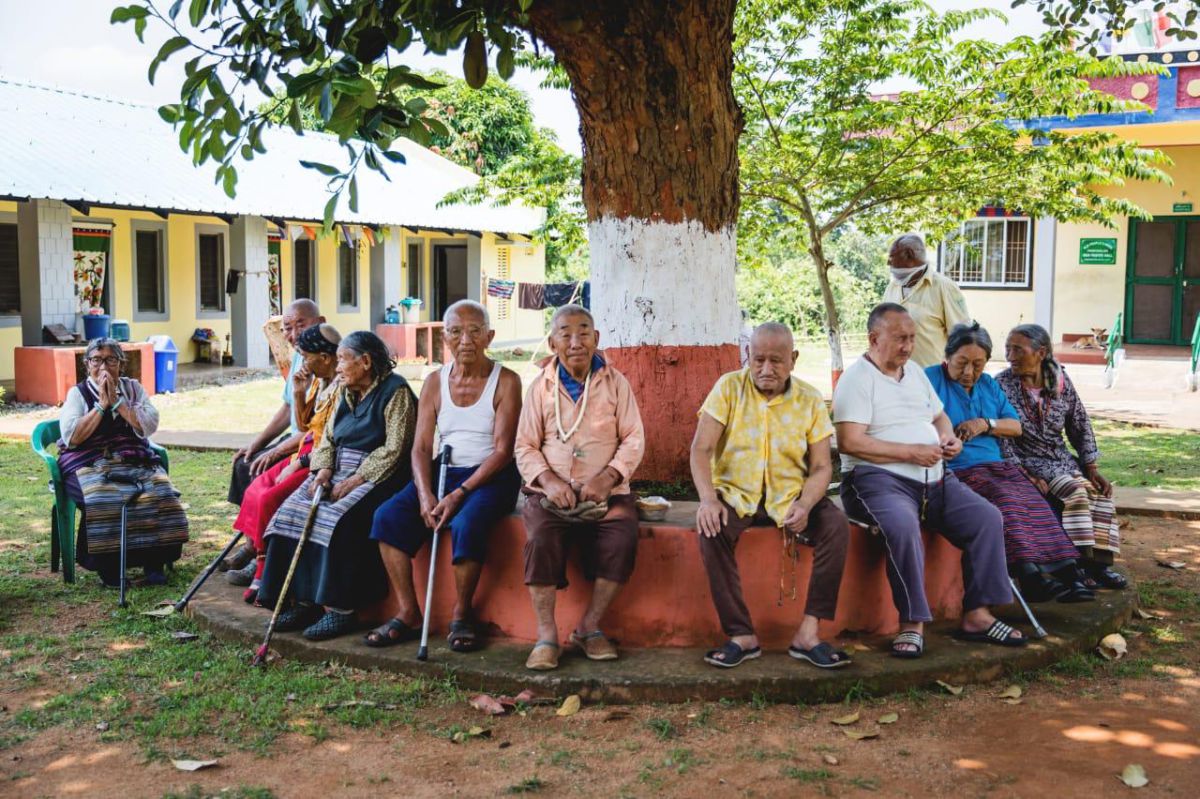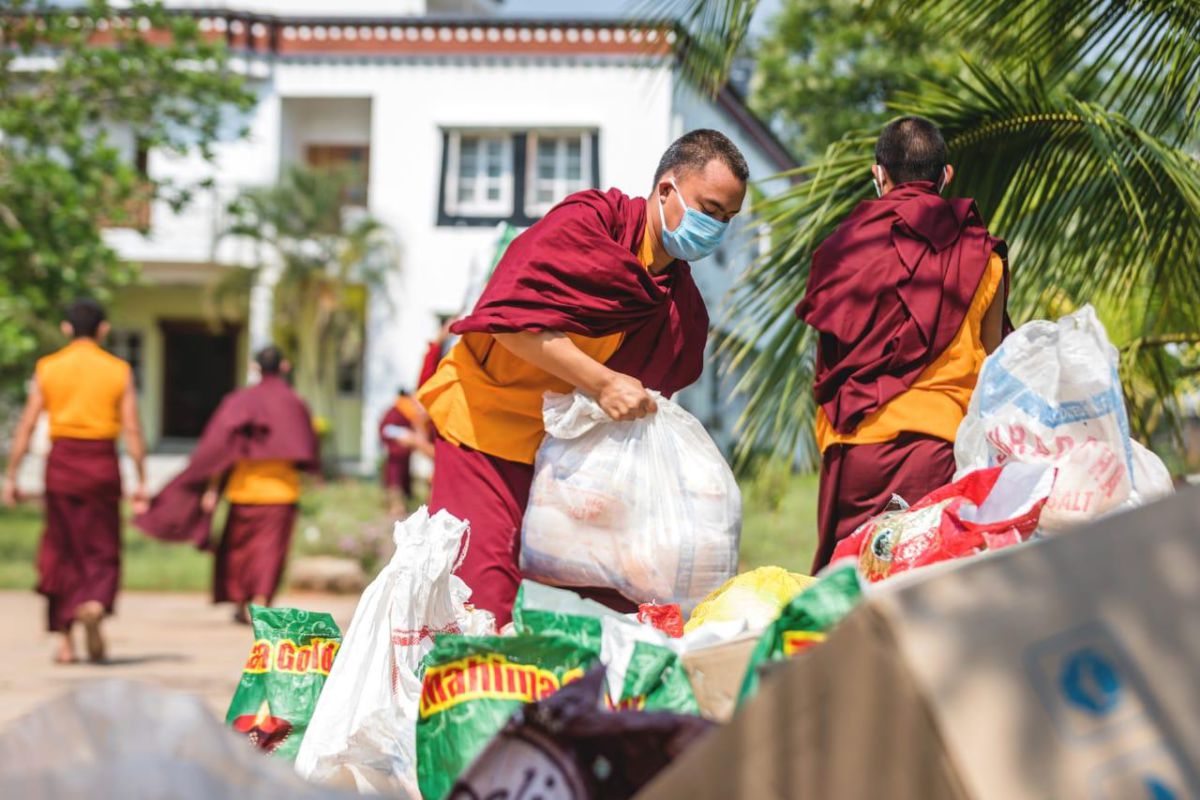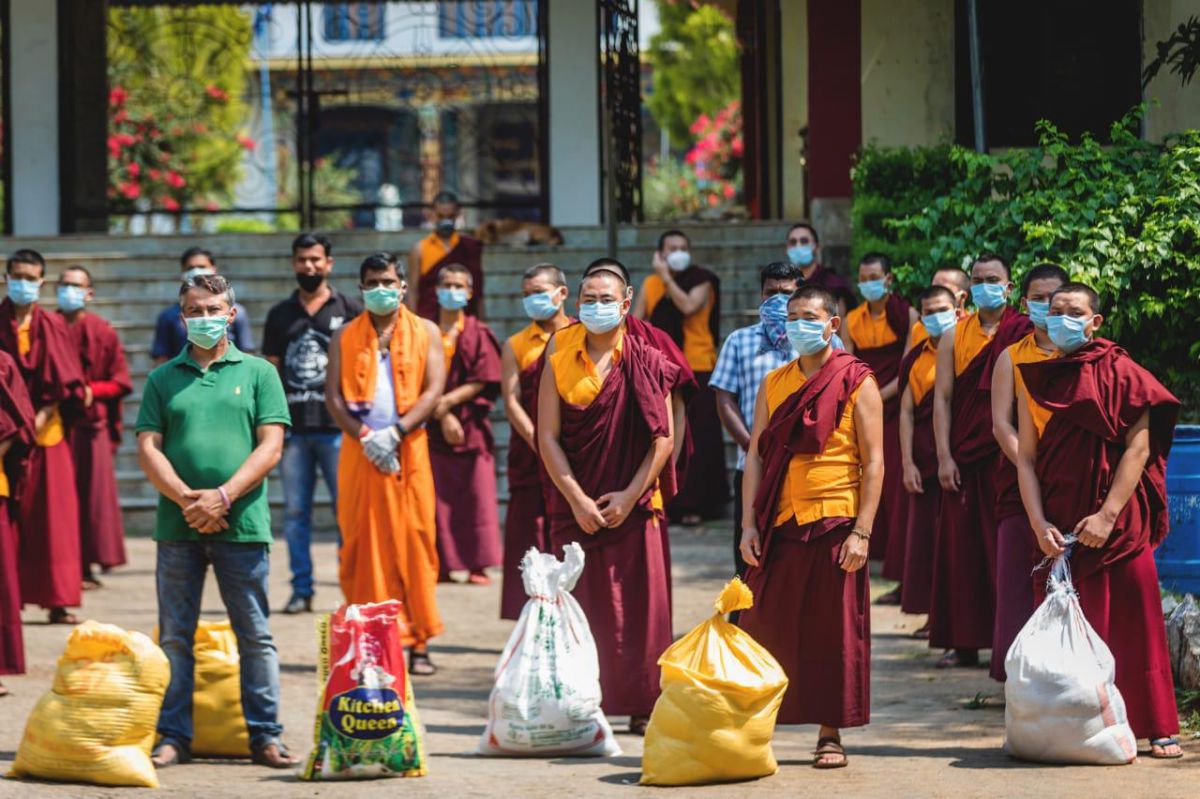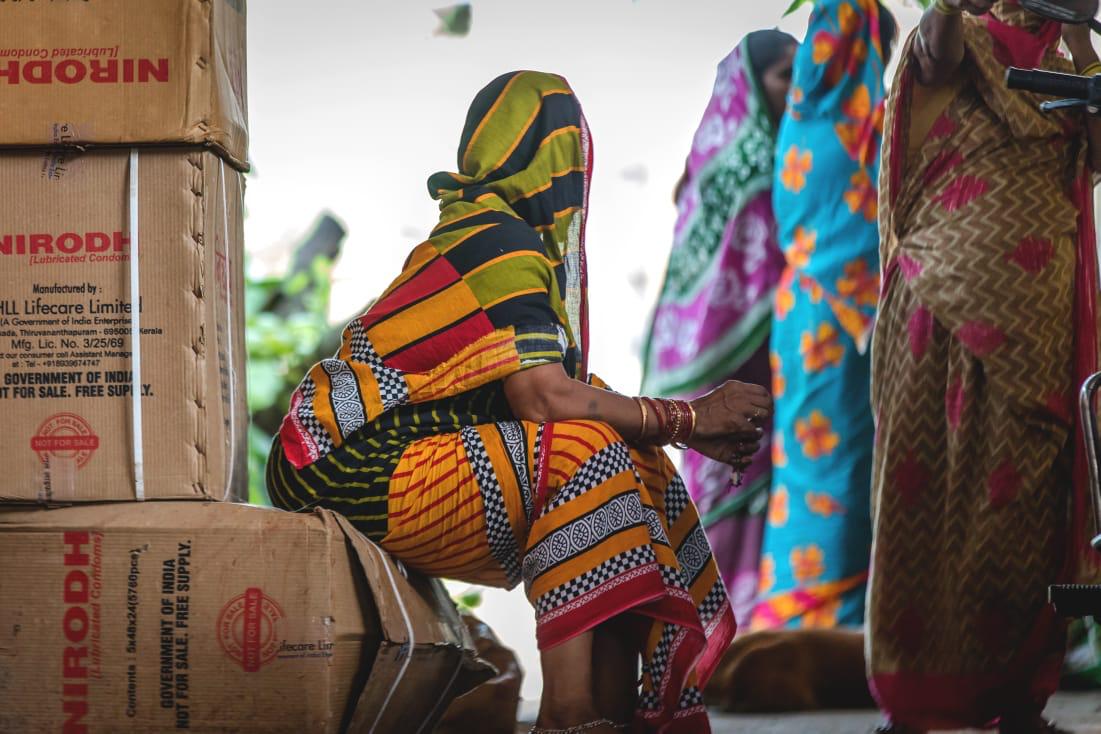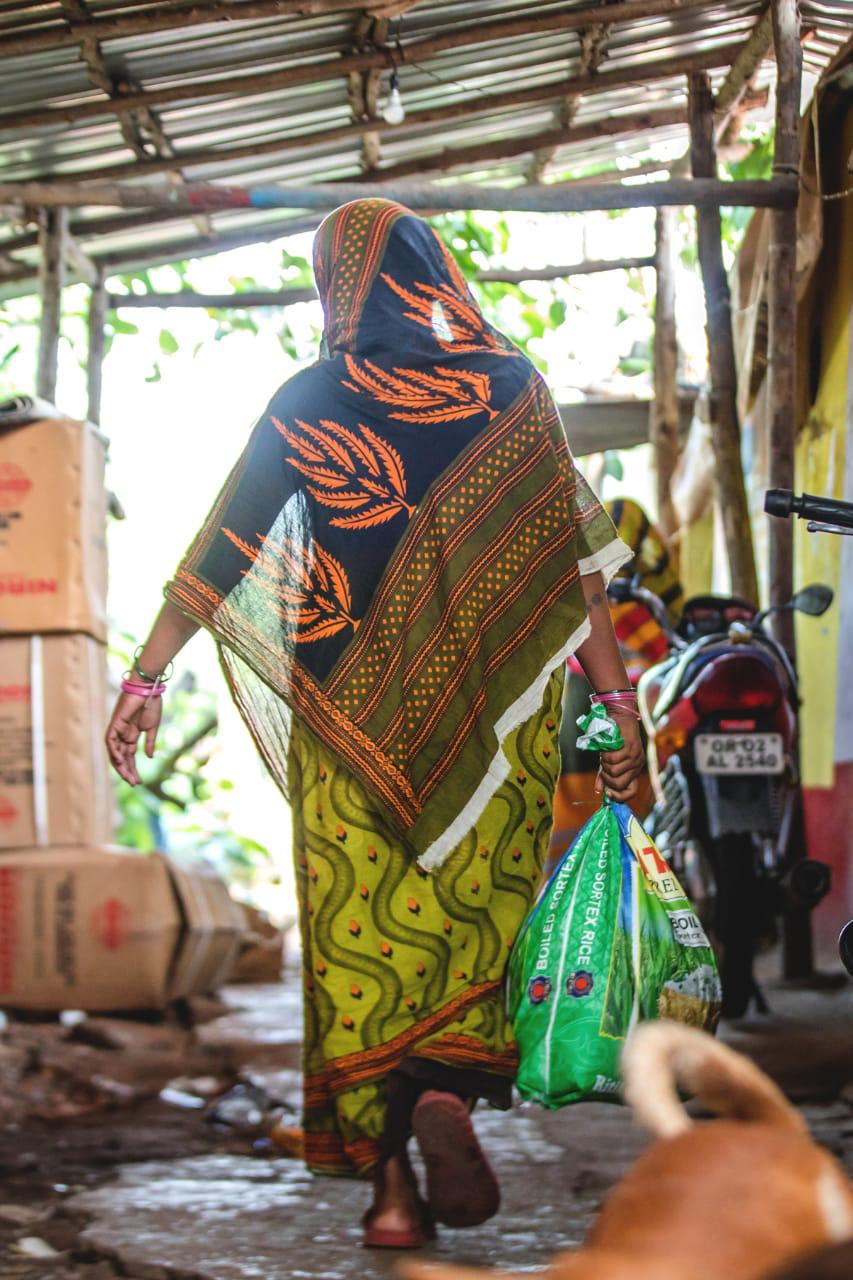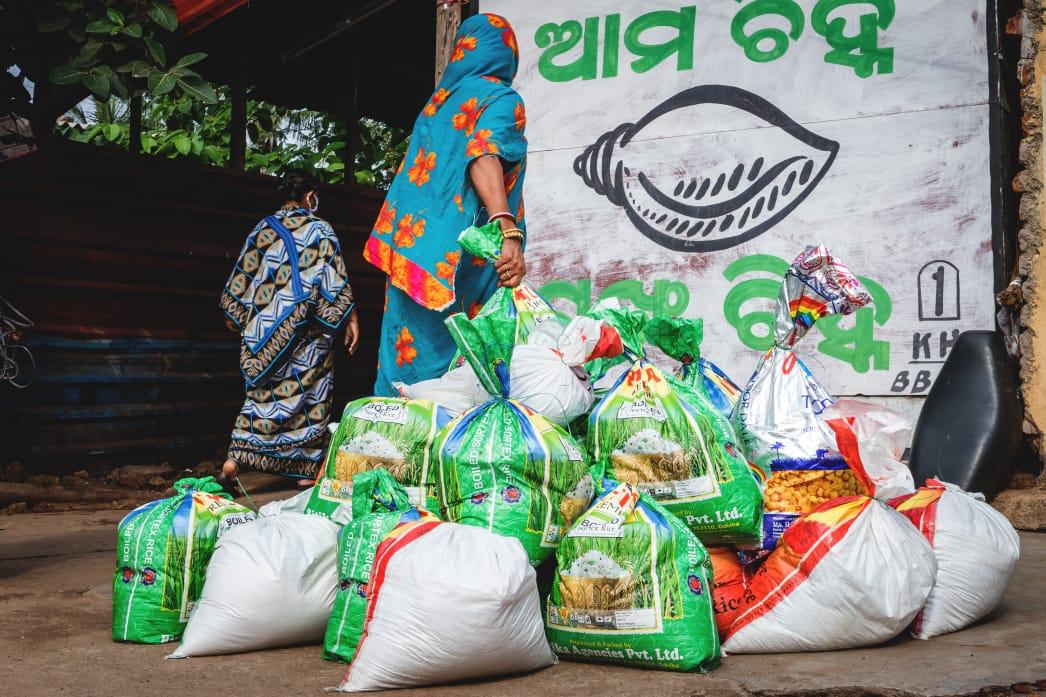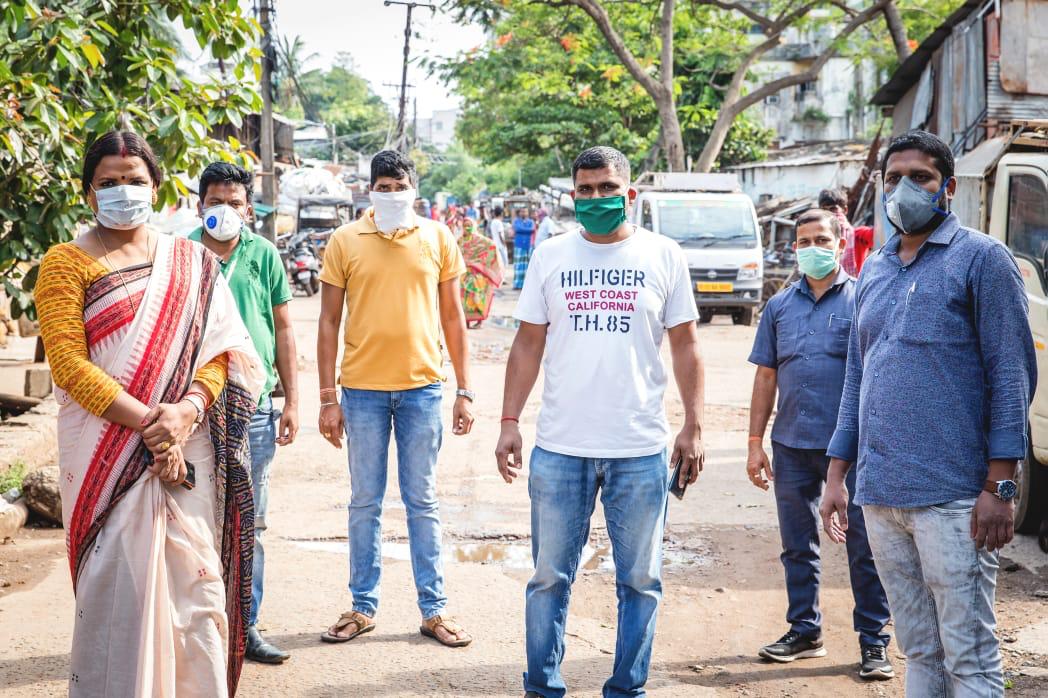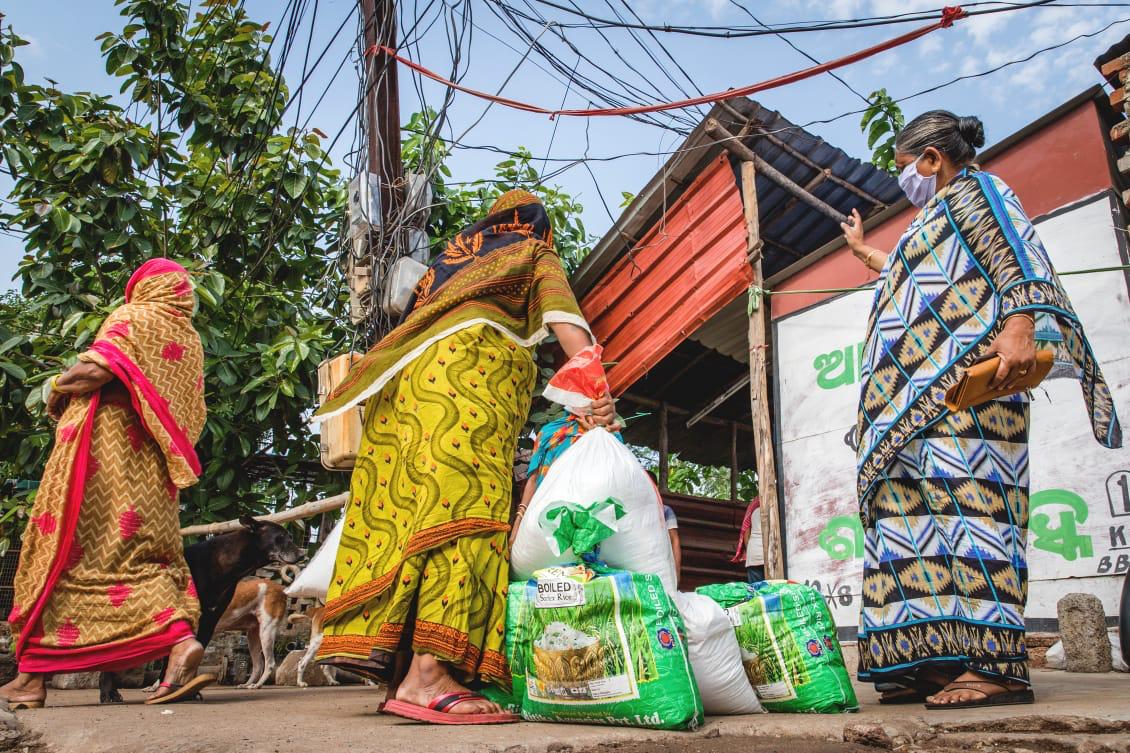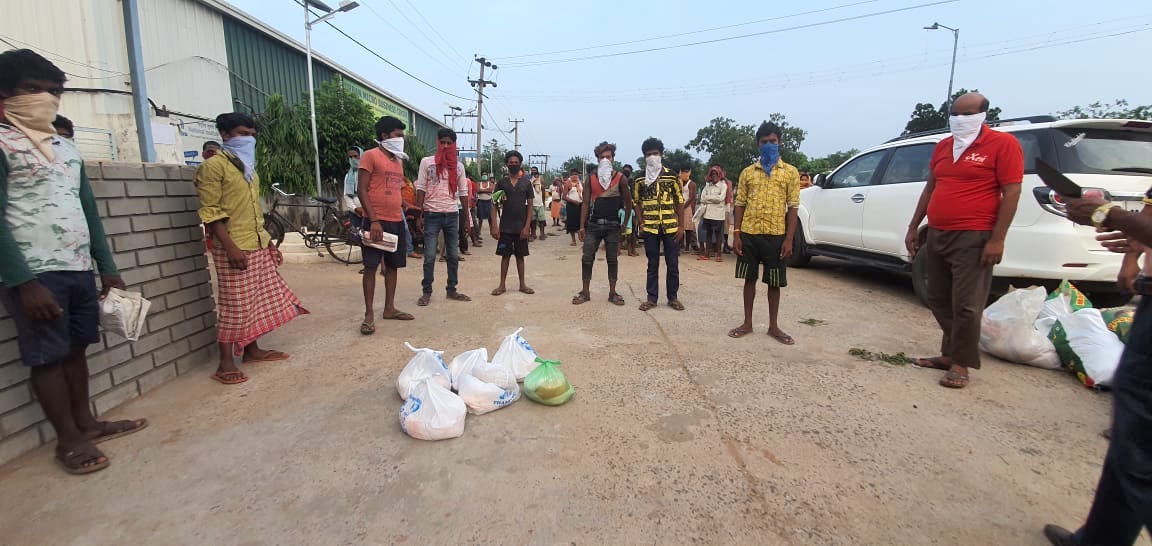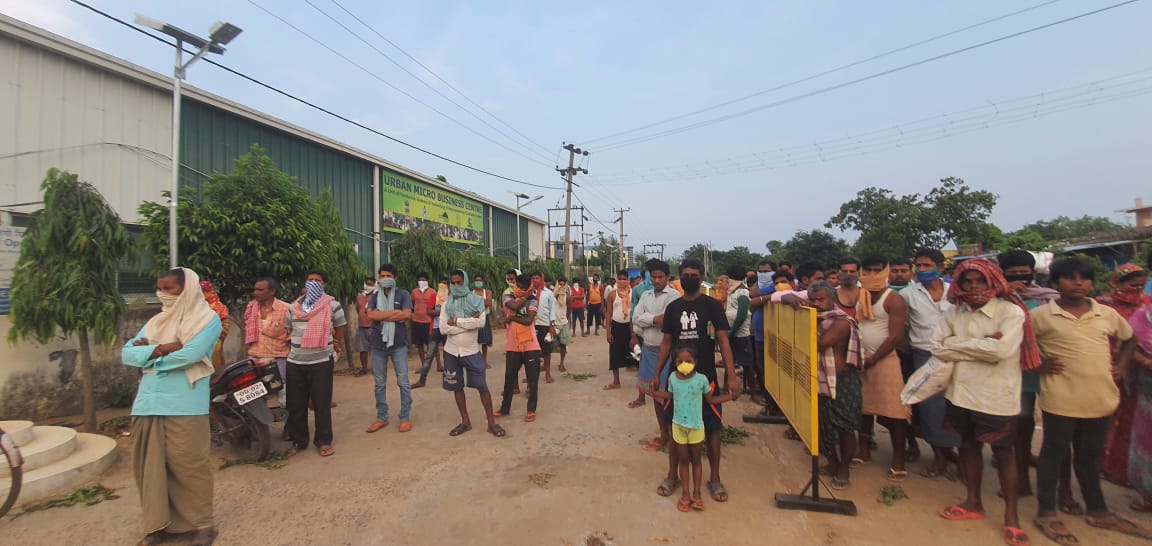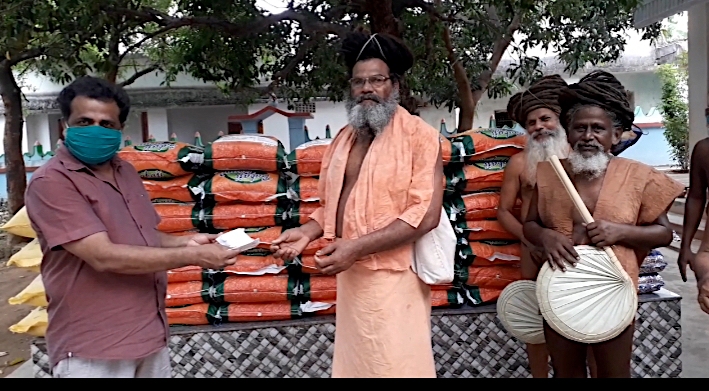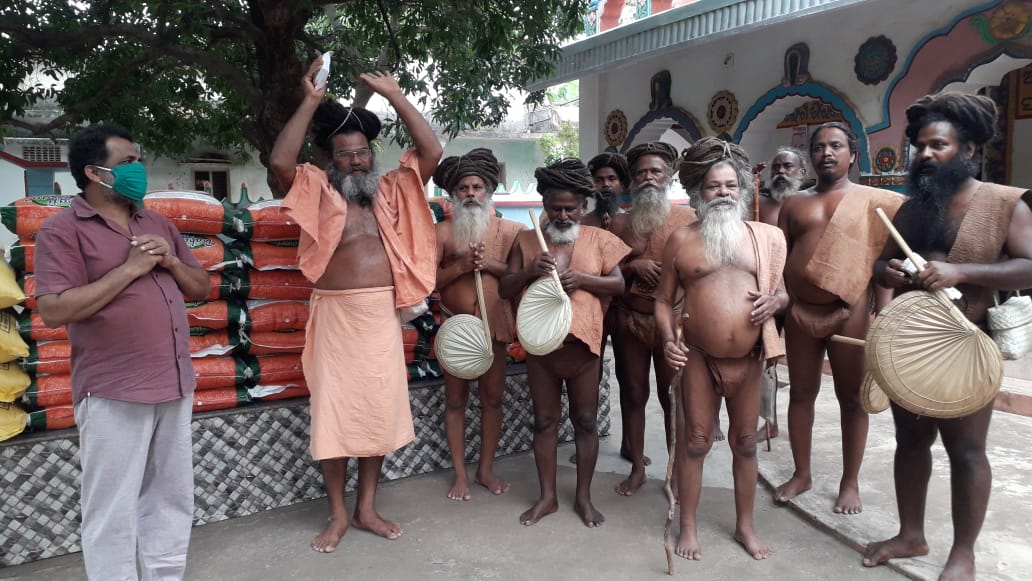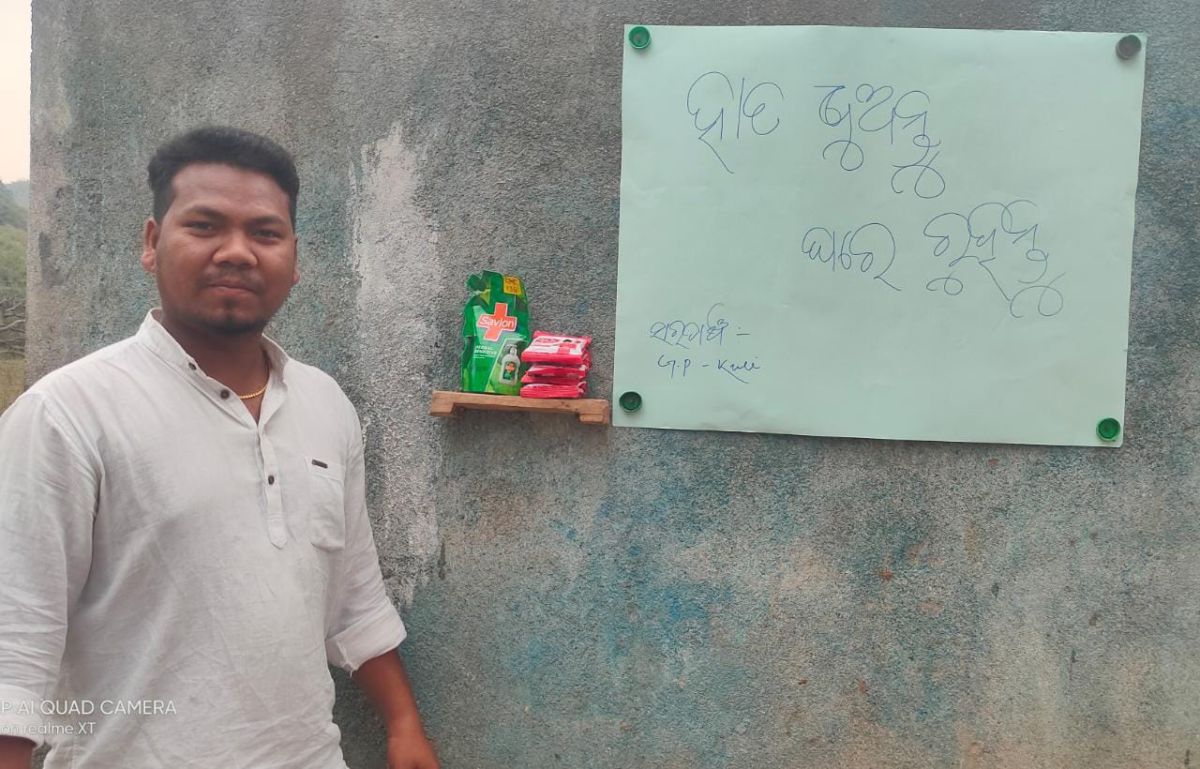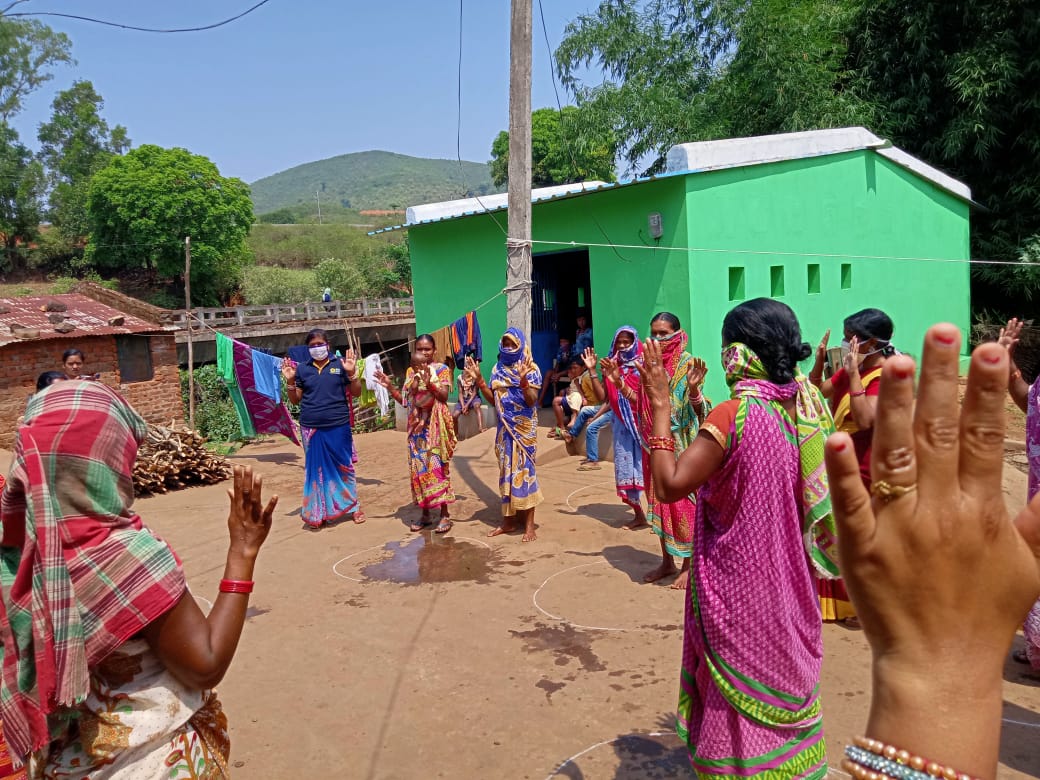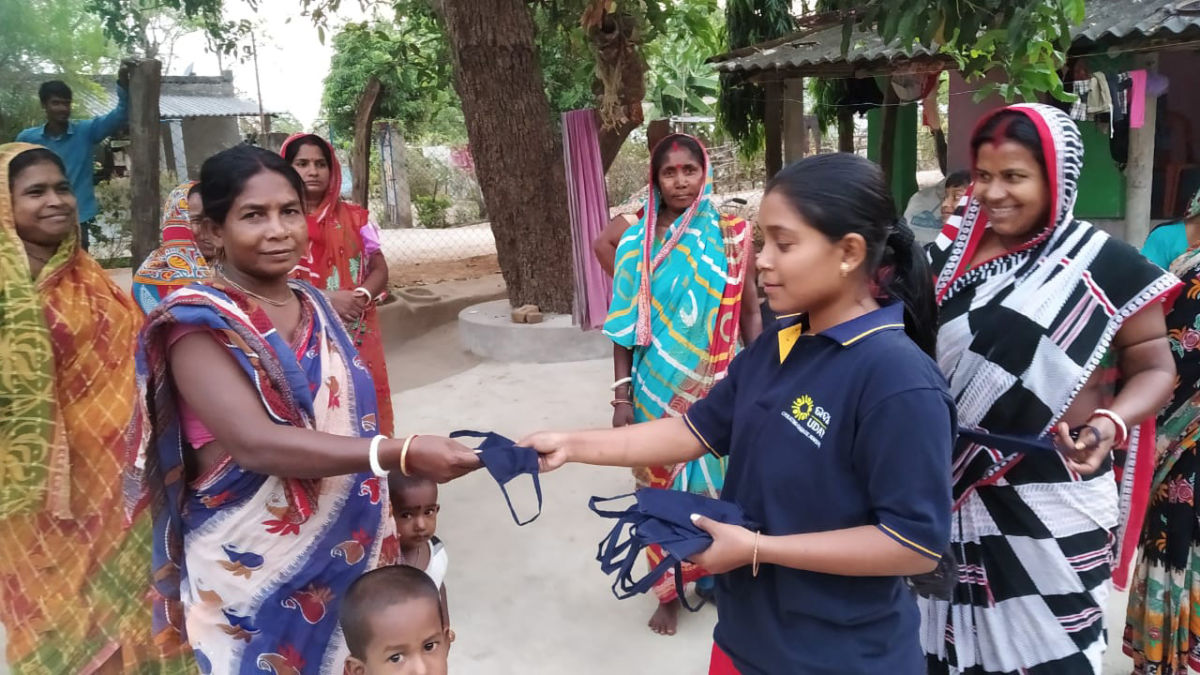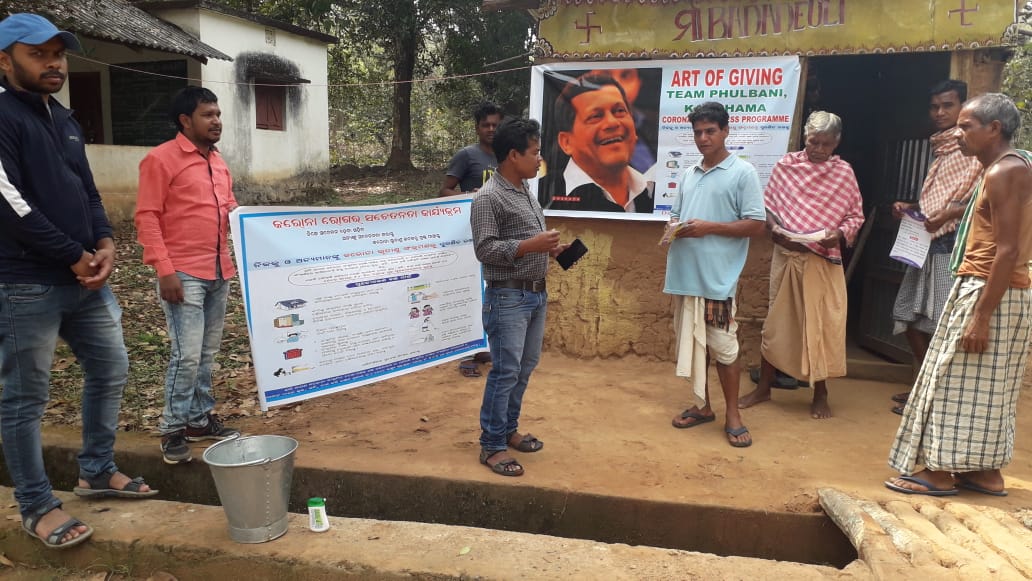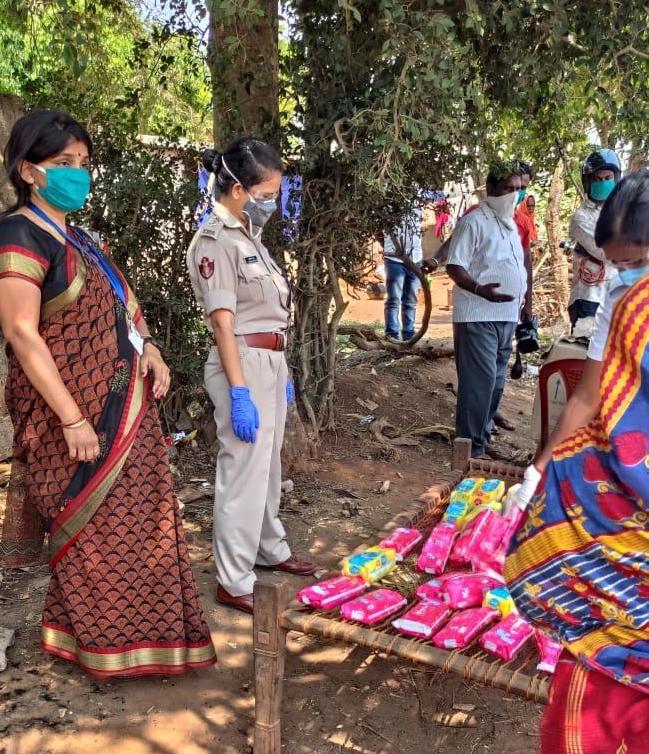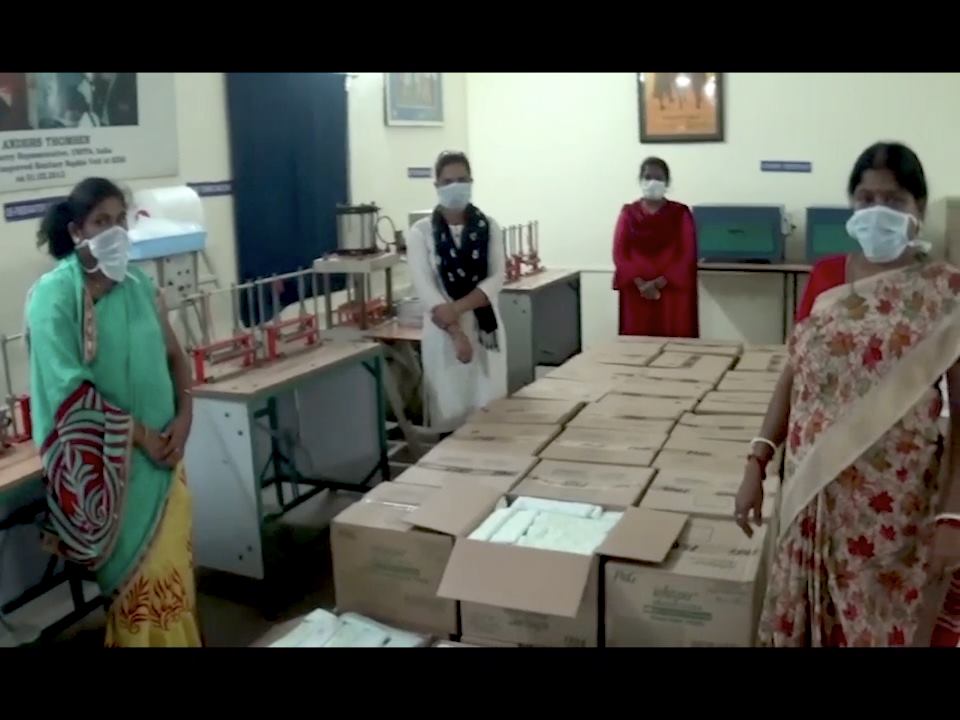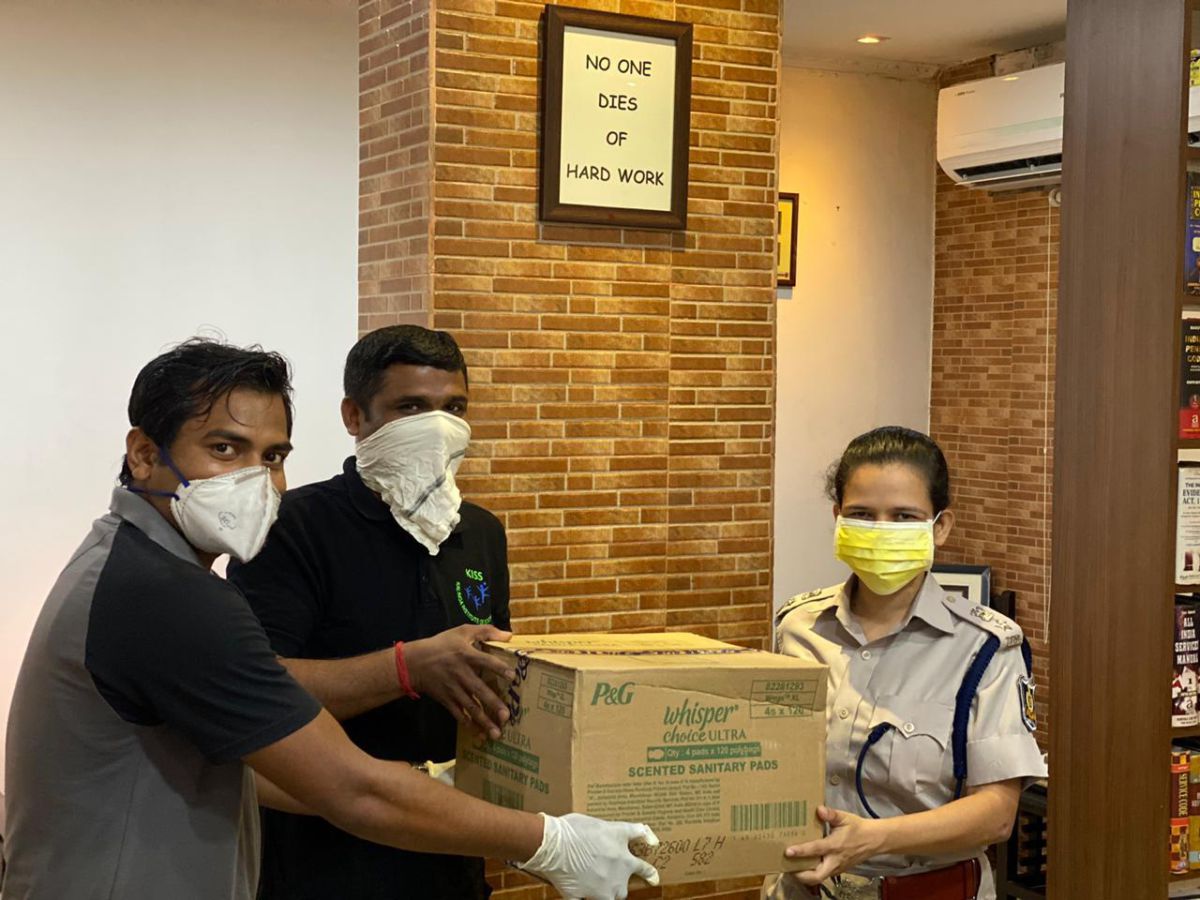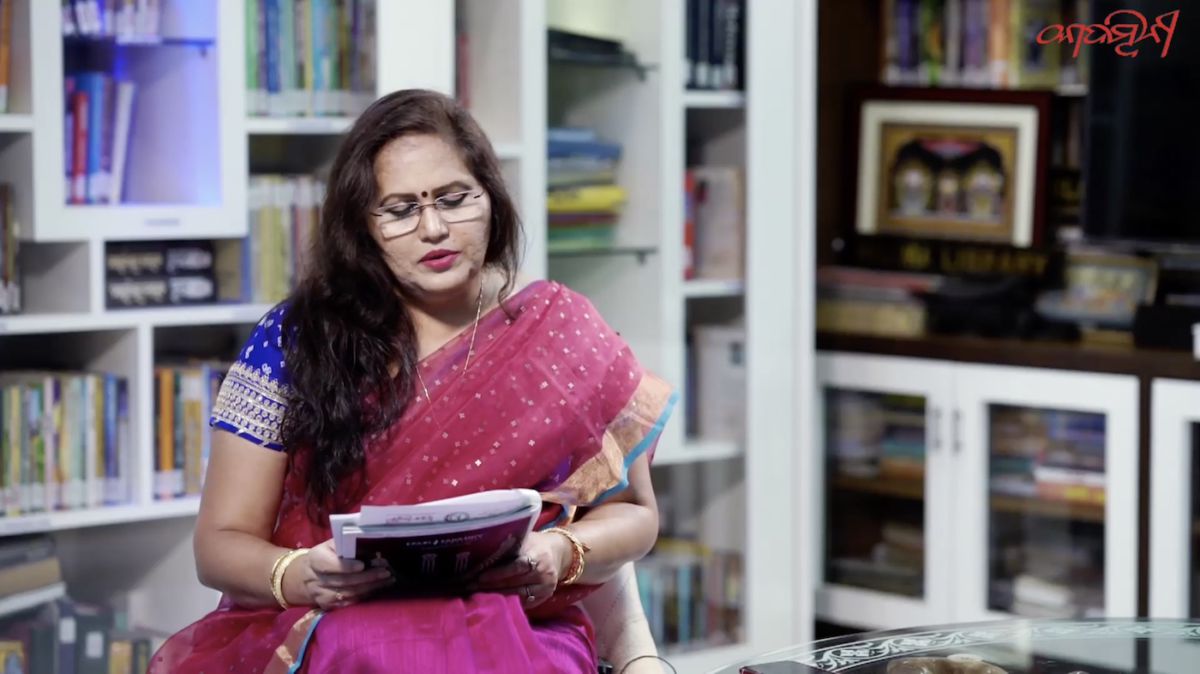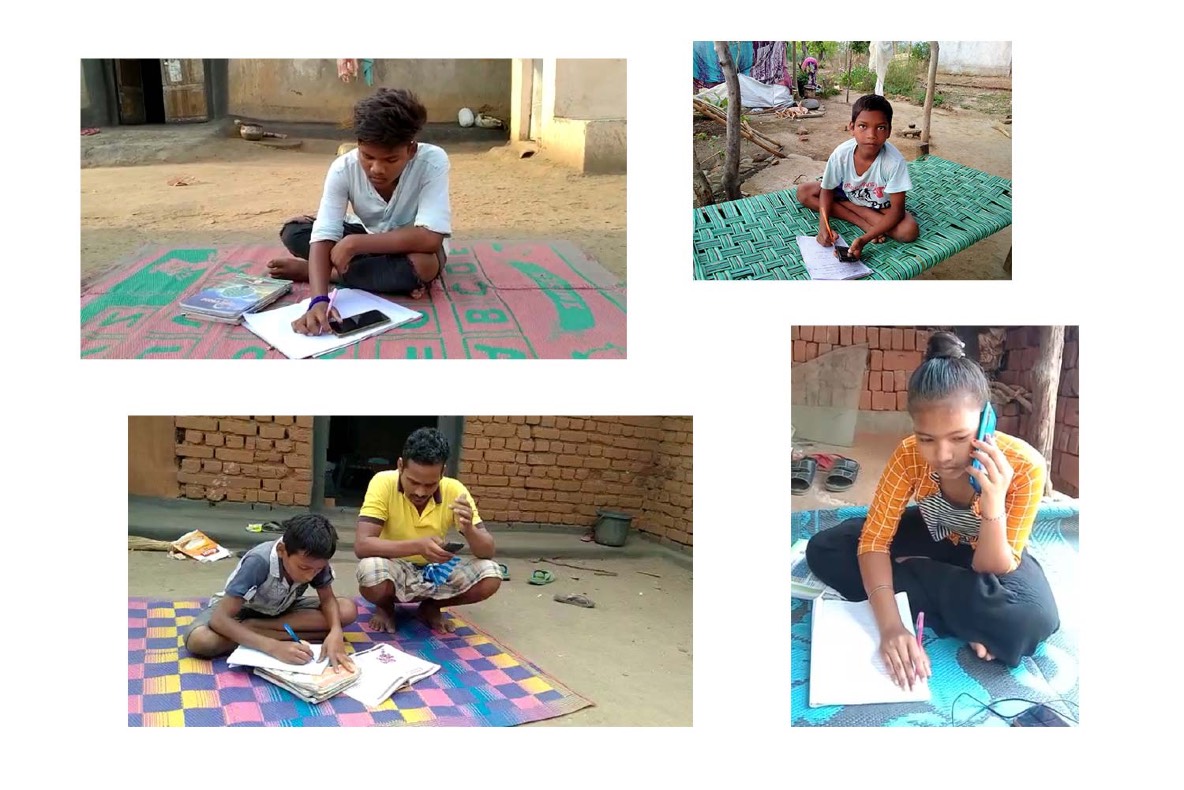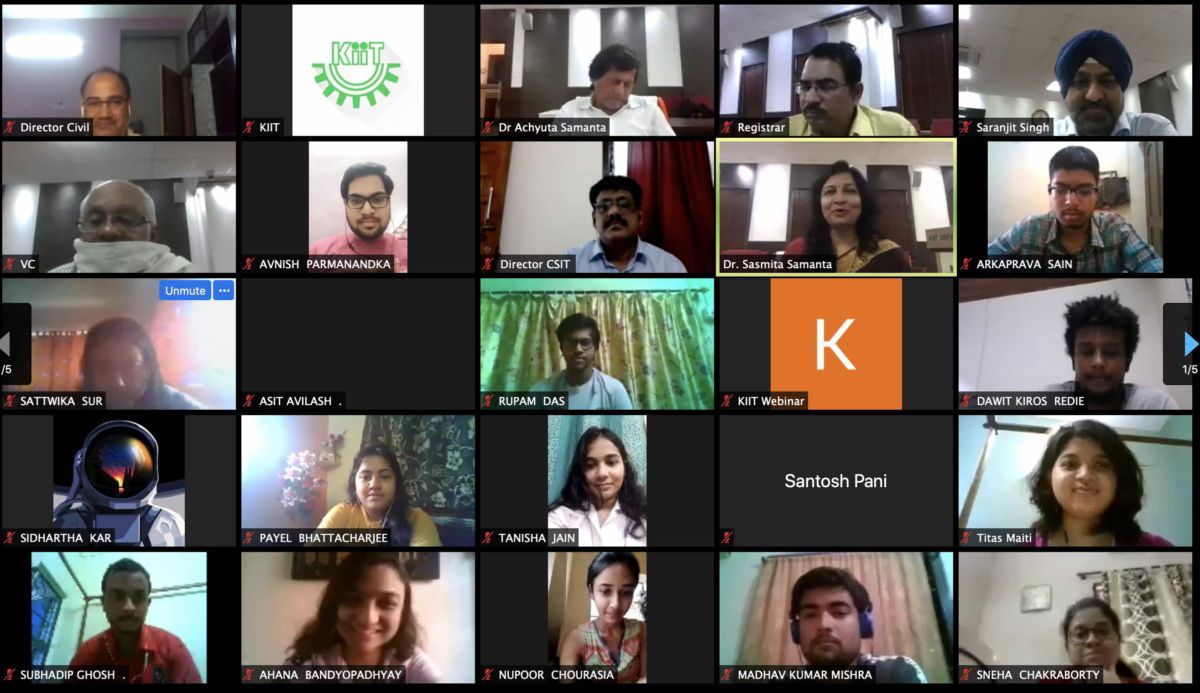Drops in the Ocean: Ongoing Work of KIIT and KISS During Covid-19 Pandemic
How it all began?
Emergence Of COVID 19:
In late January, as the novel coronavirus started to spread and multiply worldwide, India confirmed its first case – a returnee from Wuhan University. The nation was alerted to a possible outbreak of the deadly disease. By mid-March, India registered 100 cases and the upward trend began!
Nationwide Lockdown:
In late March, India announced its first phase of lockdown. Soon after, millions of lives were affected as a large chunk of the country’s workforce relies on daily wages to meet their basic needs.
Odisha’s First Case:
On March 16, Odisha confirmed its first coronavirus case. On March 22, the state declared a lockdown in five districts – which was later extended to all districts as the nationwide lockdown came into effect.
Action Plan:
Predicting the challenges that lay ahead, KIIT & KISS initiated an action plan to help the worst-hit sections of the society. The organisations joined hands with various stakeholders and set out on a mission to provide basic necessities to vulnerable communities across Odisha.
- Kalinga Institute of Medical Sciences, a constituent of KIIT University organised a Lecture on “Corona Virus – A Global Threat” on 1st February 2020. Delivering the Lecture, Dr Surya Narayan Mishra, Associate Professor of Microbiology Department & Infection Control Officer of KIMS(PBMH) discussed elaborately on “Standard Infection control strategies to prevent the spread of “Novel CoronaVirus(2019-nCoV)”
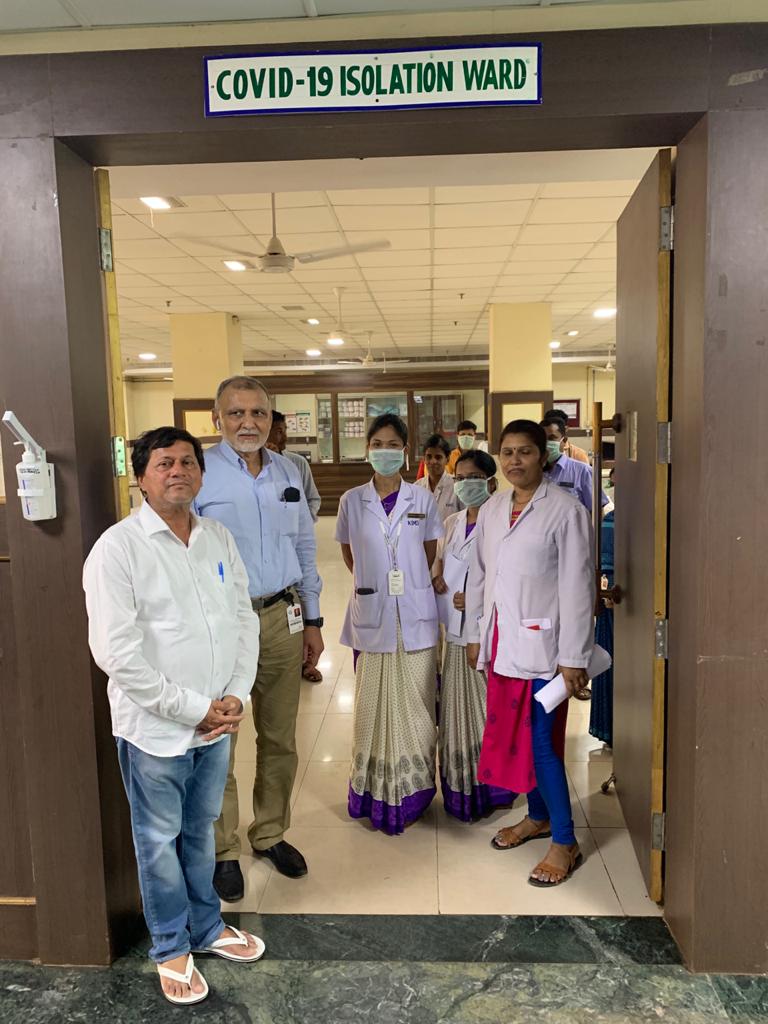
- Kalinga Institute of Nursing Sciences( KINS) organised a “School Health Awareness Programme” on 7th February 2020 at Government Secondary School, Niladri Vihar, Bhubaneswar. The students of B. Sc. Nursing 4th year and M. Sc. Nursing 1st year (Community Health Nursing speciality) imparted health education regarding ‘Prevention of Corona Virus’ in the school premises. A role play was performed on sign & symptoms and also focused on preventive measures of ‘Corona Virus’. KINS family organised another awareness campaign for students of KISS Deemed to be University at KISS on 3rd March 2020.
- As a precautionary measure against the possible spread of COVID-19 Virus, employees of KIIT and KISS were advised not to use Biometric attendance machine until further notice from 10th March 2020. The staff were also asked not to celebrate Holi in masses following the advisory by the Government.
- Given the COVID-19 pandemic, School of Public Health, KIIT Deemed to be University, organised a quiz competition “COVID-19” on 13th March 2020 among MPH(Master of Public Health) and MHA (Master of Hospital Administration) students aiming to empower students to protect themselves and their fellow citizens from the pandemic.
- Both KIIT and KISS shut down well in advance before the state lockdown, giving time to the students to safely reach back to their homes. The Students of KISS were sent back with KISS representatives from different blocks so that they reach safely.
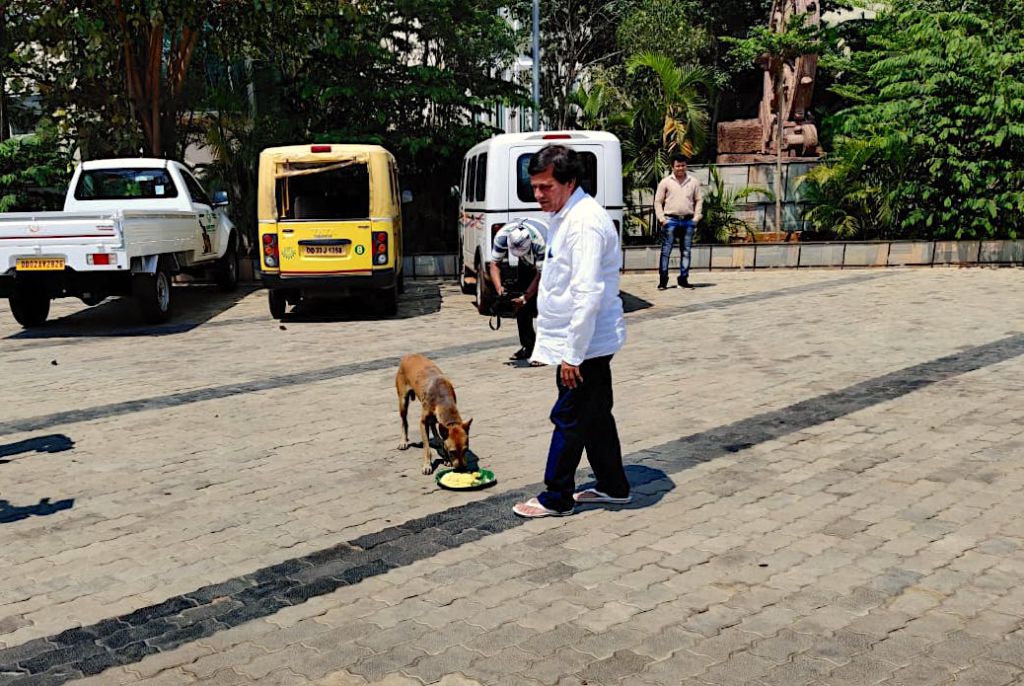
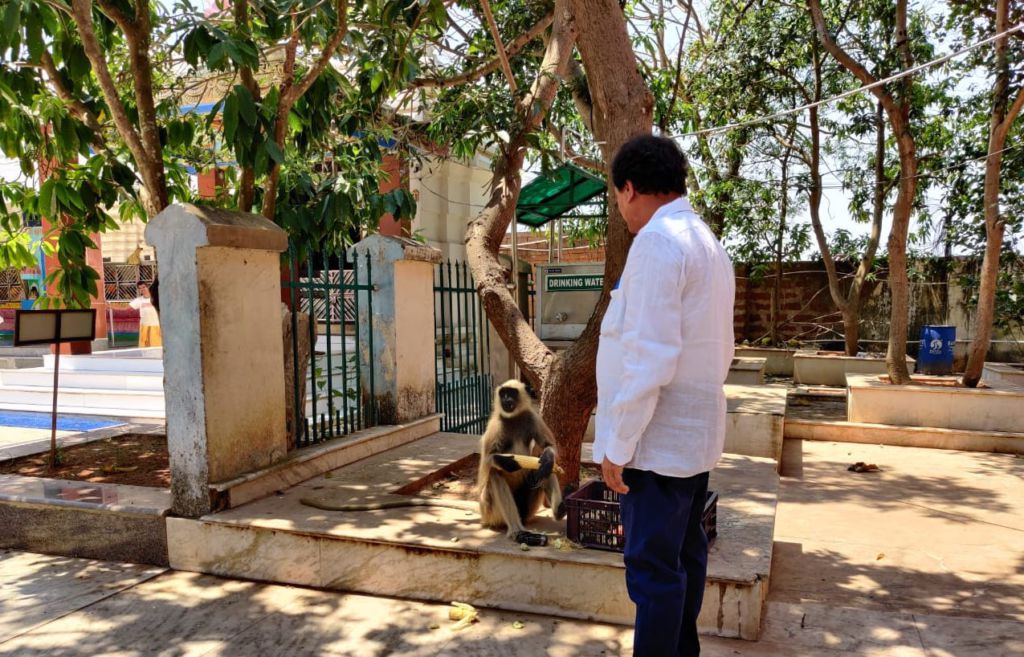
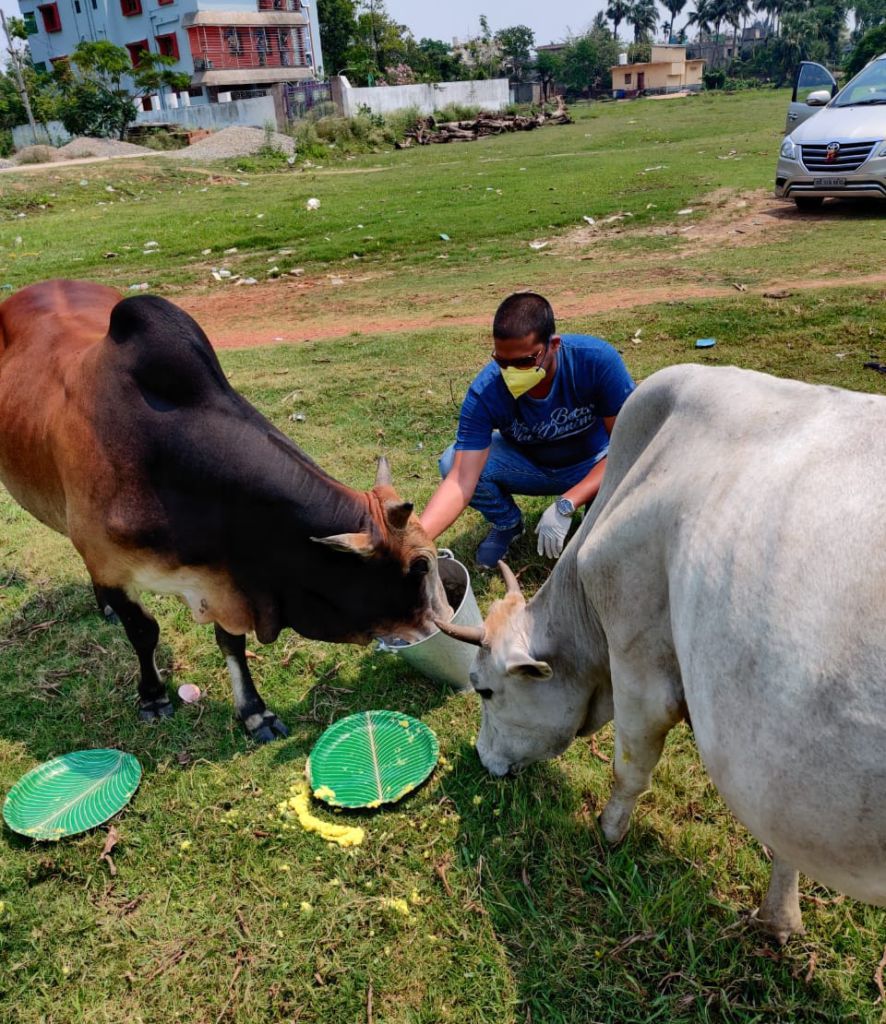
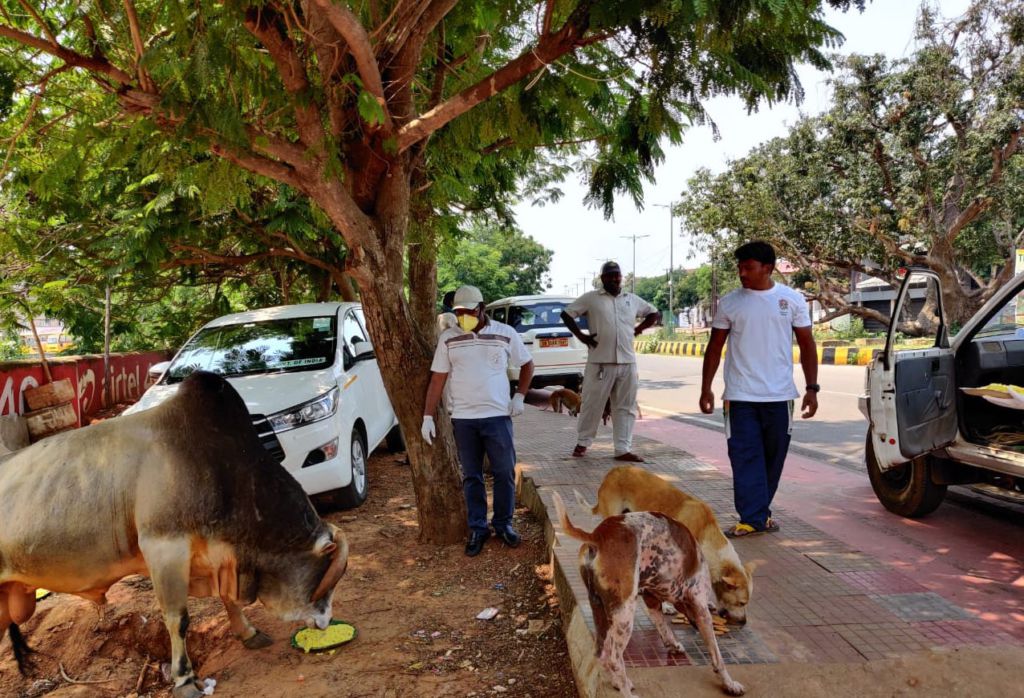
- KIIT & KISS started distributing food items such as green vegetables daily to stray monkeys. Though these monkeys and other animals are not susceptible to the virus itself, they have been severely affected by the COVID-19 outbreak mainly due to the lack of food which the residents used to provide. The two institutions also provided cooked food daily to other stray animals, including dogs, cows, etc., living in areas from NALCO Square to the KIIT & KISS campuses in Patia.
- KIIT & KISS also adopted “People for Animals”- an NGO that takes care of 140 peacocks in Bhubaneswar. Besides this, financial assistance was provided to more than 10 “Goshalas” in Puri, Bhubaneswar and Cuttack.
- KIIT & KISS arranged cooked meals for the Police personnel in twin city areas of Cuttack and Bhubaneswar to honour their work of making people aware of COVID-19. They are also trying their best to effectively implement the current lockdown.
- KIIT & KISS also distributed groceries to 40,000 people in the slum areas of Bhubaneswar thrice a week for the first month during the lockdown. These packets contained items like rice, pulses, cooking oil. Food and essential items were also distributed in containment zones where people were not allowed to step out for days due to the risk of coronavirus.
- Kalinga Institute of Medical Sciences (KIMS) signed a memorandum of understanding (MOU) with the Odisha government to set up a special hospital to combat the spread of novel Coronavirus in the state. This is a one-of-its-kind initiative by the state government and KIMS to ensure that the people of Odisha get the state-of-the-art infrastructure and the services of best doctors to treat and tackle this pandemic.
- India’s first standalone COVID Hospital with 500 beds and 50 critical care units at Kalinga Institute of Medical Sciences (KIMS) is operational and the patients are being treated in KIMS. The Odisha COVID Hospital is functioning from a dedicated block of KIMS having a committed and exclusive team of Doctors, Nurses, Paramedics and Housekeeping staff. The round the clock Hospital adheres to the standard best practices and follows WHO and ICMR guidelines.
- Bracing for the potential challenge that Coronavirus could pose, India’s first COVID19 Hospital was established at KIMS. The quick turnaround time in setting up the state-of-the-art dedicated COVID Hospital received much praise. KIMS is the go-to hospital for any suspected coronavirus patient in the capital city of Bhubaneswar.
- KIIT has also set up three 200-bedded Covid-19 hospitals, one each in Kandhamal, Balangir and Mayurbhanj districts, with the support of the respective district administration. In Balangir and Mayurbhanj, the facility functions from the satellite campuses of KISS, which were inaugurated recently. All three district Covid-19 Hospitals, operational from mid April are managed by KIMS and provides round the clock services following WHO and ICMR guidelines.
- KIMS has doubled the number of doctors and consultants for telemedicine during the period of lockdown.
- KIIT Authority has constituted a 5-Member Committee to extend necessary counselling services to the staff members of KIIT/KISS/KIMS, if they so require, over Phone/WhatsApp or other available Online modes with effect from 17th April 2020.
- KIIT and KISS have extended a helping hand to the Tibetan communities in Jiranga and Chandragiri of Gajapati district in Odisha. Though the COVID-19 pandemic is not an immediate concern in this far-flung area of Odisha, hunger and poverty remain an issue in many settlements in and around Chandragiri.
- The KIIT and KISS family have provided basic essentials and grocery for at least a month to the Tibetan families settled in Chandragiri and to the monks of Padmasambhava Mahavihara Monastery in Jirang, the largest Buddhist monastery in Eastern India. Besides food, a kit containing essential items like sanitizers, hand wash, sanitary napkins and masks were also provided by KIIT and KISS, facilitated under the visionary leadership of Prof. Achyuta Samanta, Lok Sabha MP from Kandhamal and Founder of KIIT & KISS. Notably, KIIT and KISS have provided grocery for two old age homes in Chandragiri and have pledged to adopt both and take care of all finances henceforth. KIMS is also supporting a hospital in Jiranga and has provided PPE to the health workers.
- KIIT and KISS extended a helping hand to the redlight areas in Bhubaneswar in the times of corona crisis. Dry and essential food items, groceries, sanitisers, masks and sanitary napkins were given with information about proper usage.
- KIIT, KISS, Sakha and Azim Premji Philanthropic Initiatives came together to distribute ration and essential items for the transgender community in Bhubaneswar, Rayagada and a few districts of Odisha. Many in the TG community who make their living from begging at street signals to other nondescript means of livelihood have suffered because of the current lockdown. As such, their life in normal times is full of hardships, and during these insidious times, their life has been miserable due to starvation and poverty.
- After the India-wide lockdown, a lot of jobless migrant workers are stuck in cities with hardly any resources. Many started retreating to their villages. With the loss of livelihoods, a large number of them struggle to support their families. KIIT and KISS also came forward to help the stranded labour in Odisha by providing them temporary shelter, cooked meals, sanitary products and arranging their travel back to their native place safely after the lockdown norms were relaxed. More than 1000 migrant workers were helped in this initiative by KIIT & KISS.
- Because of the lockdown of more than 90 days, the devotees have not gone to the places of worship. However, the rituals go on as usual. The priests who maintain it is facing times of crisis without any money. KIIT and KISS also extended help to the places of worship in Bhubaneswar, to the priests and other people who maintain the premises and to many Mathas in Puri by providing them grocery that would last three months and cash for other expenses.
- The students of KISS are creating awareness on Social Distancing, washing hands and respiratory hygiene in their respective districts. Besides under Project Uday, massive awareness camps have been organised at market places and through a door to door campaign on Social Distancing, hand washing and proper usage of masks. 500 volunteers are involved for this purpose and 220 villages in aspirational districts of Rayagada, Koraput and Malkangiri has been covered. They are also helping the state government in monitoring and administering Quarantine Centers. The work covers 6 aspirational Districts of Odisha: Raygada, Malkangiri, Koraput, Kandhamal, Balangir, and Gajpati.
- KIIT, in collaboration with KISS Foundation contributed by giving the sanitary napkins prepared in house to the Commissionerate Police for further distribution to the needy. KISS also scaled up the production maintaining full social distancing norms to cater to the need of feminine hygiene products in all tribal districts of Odisha.
- Popular Odia literary magazine Kadambini founded tow decided by Prof. Achyuta Samanta was leveraged as a tool to keep people engaged at home as the lockdown prevailed. The Chief Editor of the magazine kept the readers engrossed through her exemplary storytelling. Free online versions were distributed.
- Awareness campaigns on the do’s and dont’s of COVID19 along with the educational classes. The television channel also periodically ran government ads to create awareness and provide all relevant information on the virus.
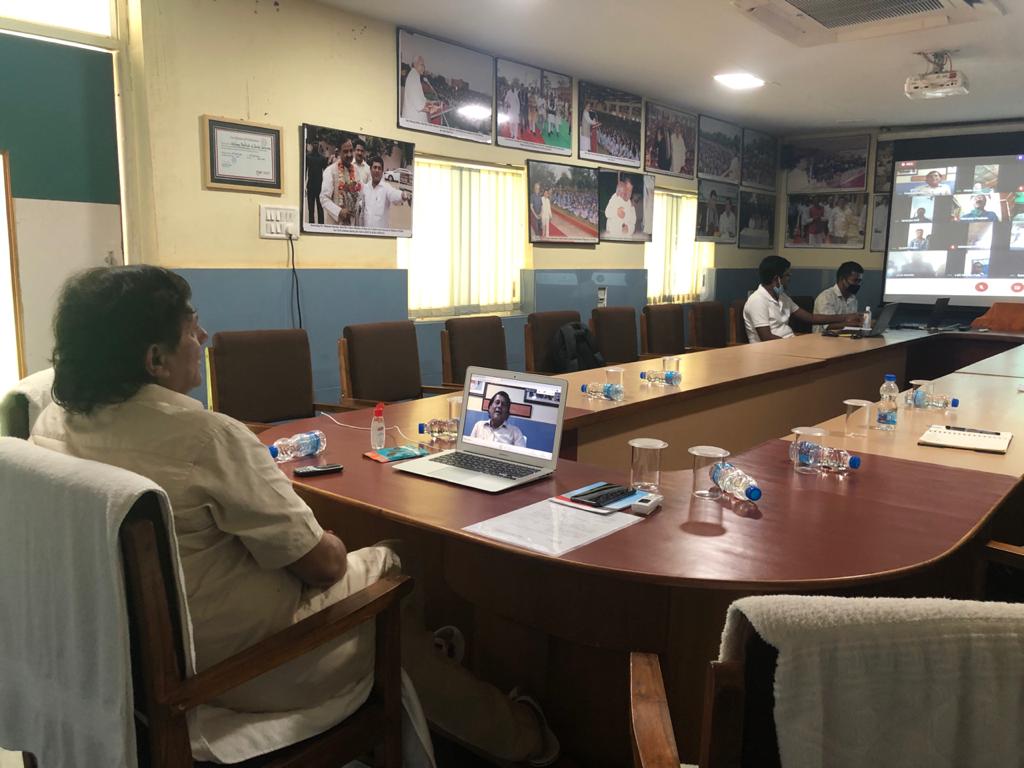
- Online classes and examinations are being conducted across all centres and schools of the institute covering approximately 30,000 children. For students of KISS, amongst some who live in the most backwards areas of the state, education through WhatsApp was being conducted. Now, KISS reaches them through television channel- Kalinga TV.
- KIIT-Technology Business Incubator (KIIT-TBI) is recognised as a Centre for Augmenting War with COVID-19 Health Crisis (CAWACH) under Department of Science and Technology (DST), GoI, along with similar institutes from IITs & other eminent Universities in India. KIIT-TBI is responsible for implementing this program in East & NE.
- E-Learning Class programme was inaugurated at Kalinga Institute of Social Sciences (KISS) under the initiative of KISS and Kalinga TV. Classroom teaching is the best and real mode of imparting education. However, due to the outbreak of coronavirus pandemic, schools and colleges have been shut down. KISS authority has provided hassle-free learning for students who are confined to their homes. The faculties and staff of KISS are in constant touch with the students, who were provided with textbooks and dry food items to ensure their study from home. Kalinga TV telecasts e-learning class for a period of half an hour every day. Even non-KISS students from every corner of Odisha will benefit from the e-classes.
- KIIT and KISS is working with the Government of Odisha to provide support in the form of all its available resources – logistics, infrastructure, healthcare, human resources etc in its various activities at grassroots.
- KIIT, in collaboration with KISS Foundation is also working closely with the American Embassy in the repatriation of American and Indian American personnel who have been stuck in Odisha and other adjoining areas.
- KIIT, in collaboration with KISS Foundation is conducting a survey on behalf of UNDP India on migrant labour for a policy-level change.
- Leaving No-one Behind – To provide relief material and other necessities to homeless, stranded migrants, slum dwellers, daily wagers, transgenders, beggars, and animals on the street, frontline workers and other vulnerable people. It is putting forth to the Government needs of the poor and indigenous communities.
- Mobilizing adequate and well-directed financing– Reaching out to Good Samaritans, corporate houses, national and international organizations, KIIT and KISS has diversified work and mobilised financial and human resources for relief to the needy, distribution of hygiene products to women and girls, IEC material for wider dissemination (including in local and tribal languages) and setting up quarantine facilities and dedicated COVID-19 hospitals by utilizing the existing infrastructure facilities. In partnership with Government, needs and requirements of people are being identified and feedback loop to the government for action has been established.
- Strengthening institutions for integrated solutions and effective implementation – KIIT and KISS are working with the state government and local self-government institutions (urban and rural) to find solutions for the present crisis. Apart from enabling the state government to utilise our existing infrastructure, both these educational institutions have bolstered local action by utilizing staff and students as a volunteer force across Odisha. In this process, strong communication packages are being implemented to reach the most vulnerable.
- Harnessing science, technology and innovation – The science and technology hub is devising innovative and sustainable solutions and influencing government strategies. Research partnerships with Universities of Cambridge and East Anglia are now focused on food futures – by using volunteers and IVRS platform for benefit of indigenous communities.
Recalibrating Framework for a Safer Campus
KIIT as a leading institute in India is combating The current pandemic situation by following certain best practices. Before Odisha lockdown followed by India-wide lockdown, the students of KIIT were sent back home safely. Online classes through Zoom were arranged from Day One of the lockdown with a whopping 95 per cent attendance. KIIT University also conducted the exam online- the first and the only university in India to continue the academic calendar without any disruption despite the challenging times. The International Students of KIIT university were repatriated with the help of embassies.
We have continued teaching-learning for our students online. Now our focus is on how to safely and responsibly reopen. Reopening is not like flipping a switch and returning to normal. Even with a gradual approach, we are going to focus on major changes in daily operations to prevent a recurrence of the virus or other outbreaks.
The KIIT Advantage:
- Infrastructure is huge so that selective and distanced classes, boarding and eating is possible
- Adaptation to technology is quick
- Covid Hospital – First and largest standalone in India
- Culture of friendliness and unity and to help each other
When to reopen?
Based on the guidelines, once the cases subside and there is a less public health risk, we will take a call on reopening.
Tiered approach as per the guidelines and advisory issued by the government and education boards like UGC will be adhered even if the classes resume
- Monitor health of Students and Staff
- Stringent Cleaning Routines and disinfection
- Enforce Personal Hygiene Norms like masks and hand sanitisation units throughout the campus
- Designated entry and exit
- Staggered boarding facilities to have one student in a room
- Enforce strict distancing policies
- New policies for the visitors
- Limit sharing of materials
- Keep a supply of essential items
- Academic revisiting and remediation
- Social and Emotional wellness
- Support from KIMS
- Avoid group gatherings
- Space Studying and Eating Facilities
- Staggering class schedules
- Online training of the staff on Campus Safety Protocol
- Signs and Messages of Awareness on visible spaces
- Grab and go meals in disposable containers

